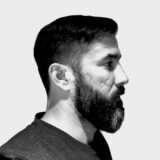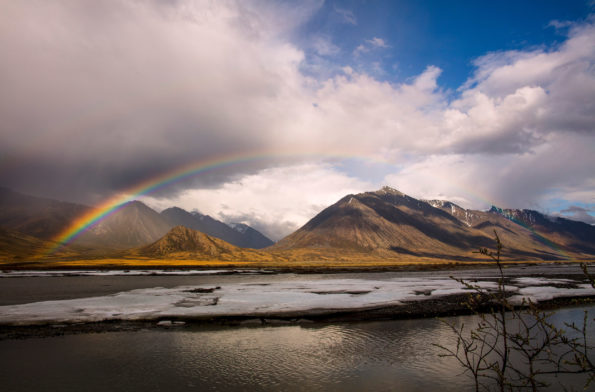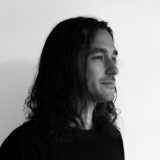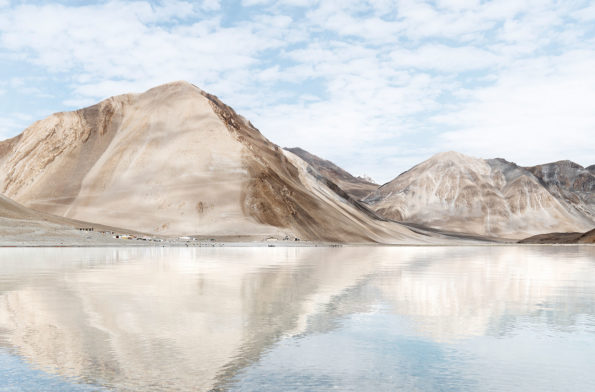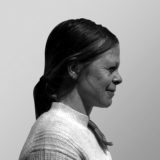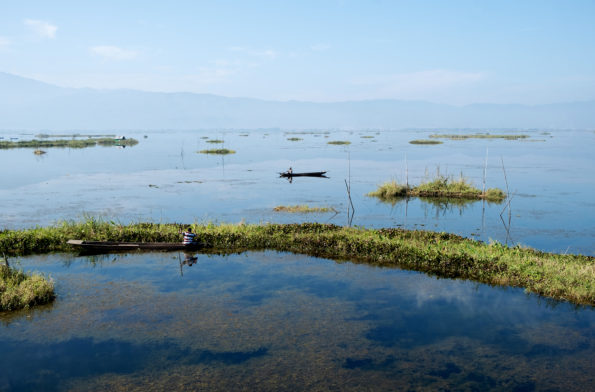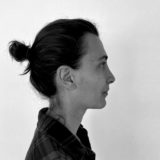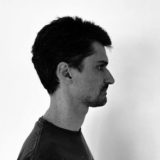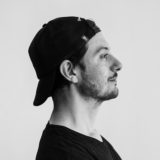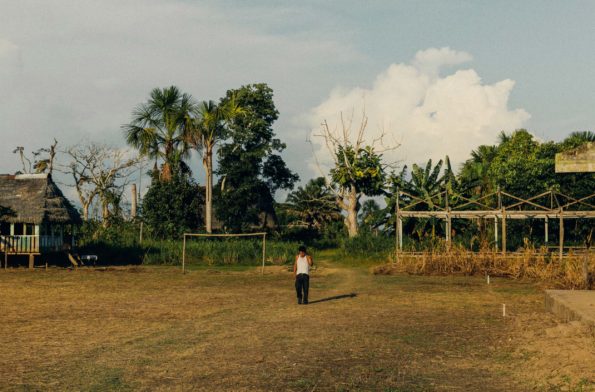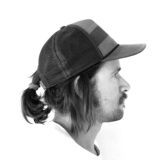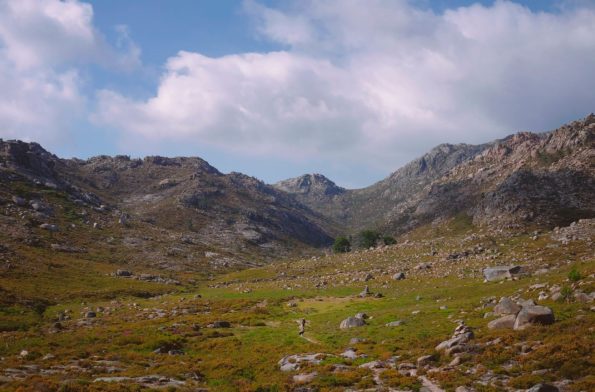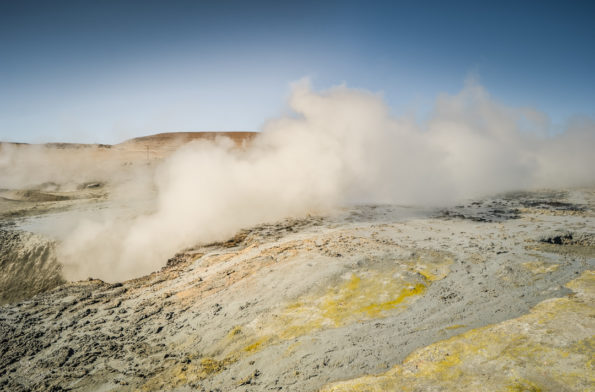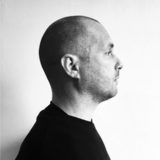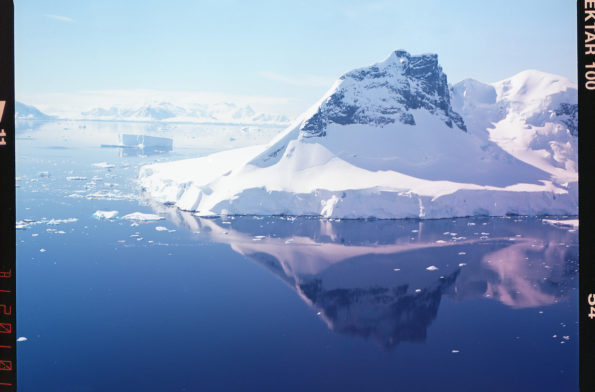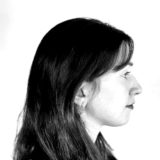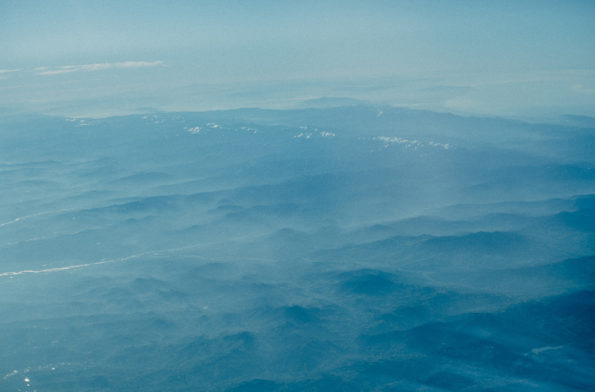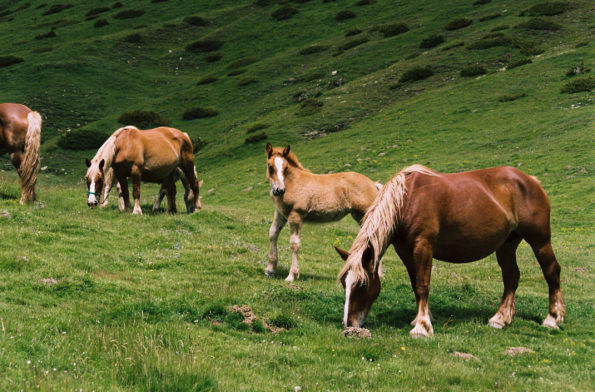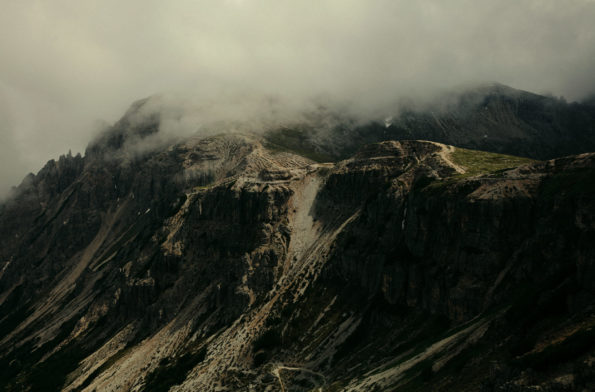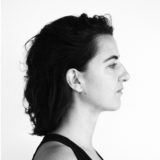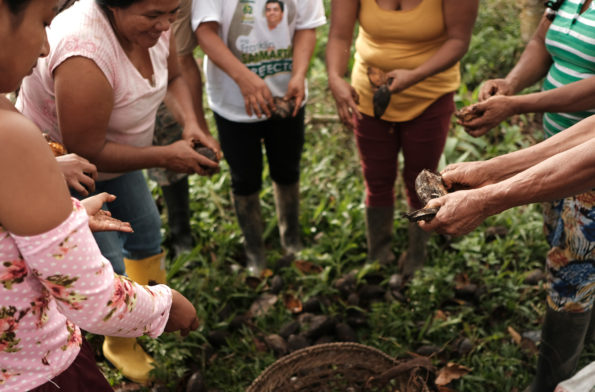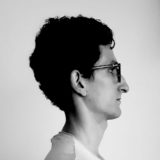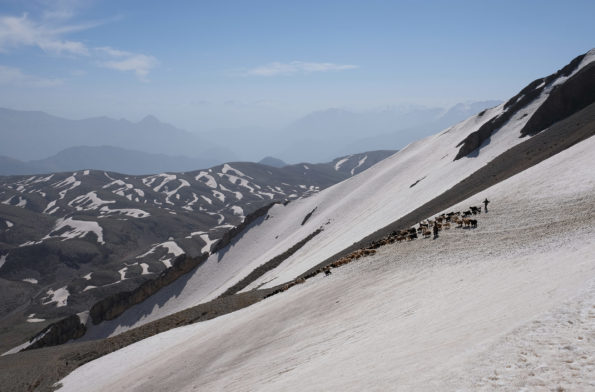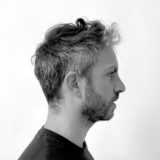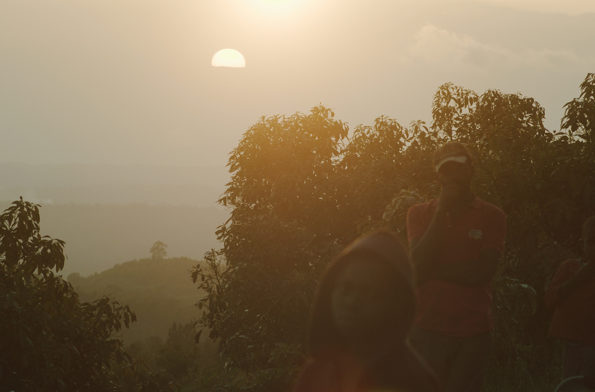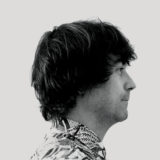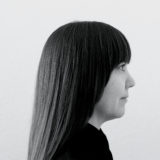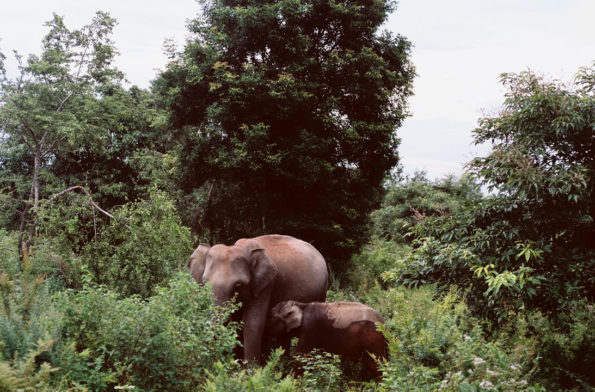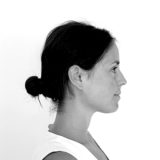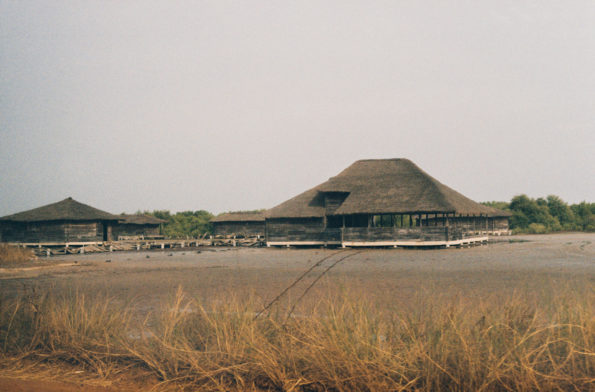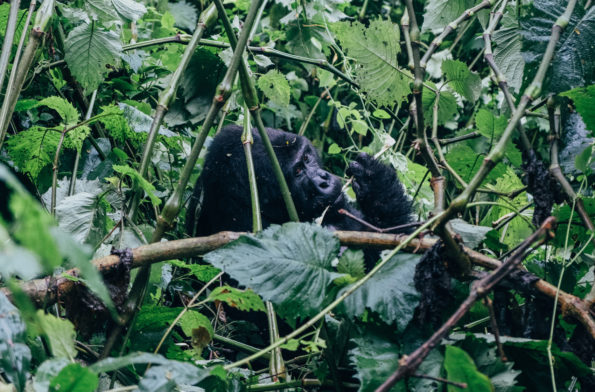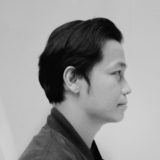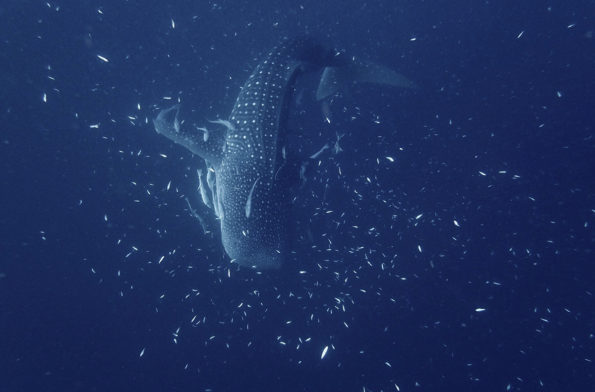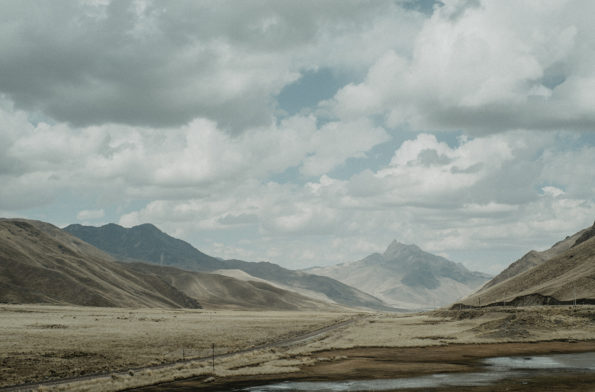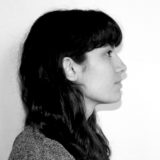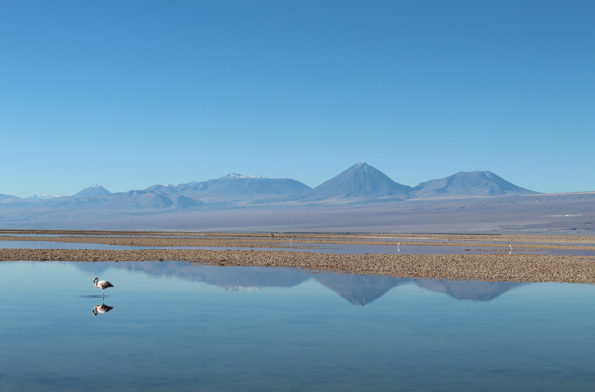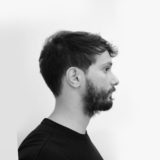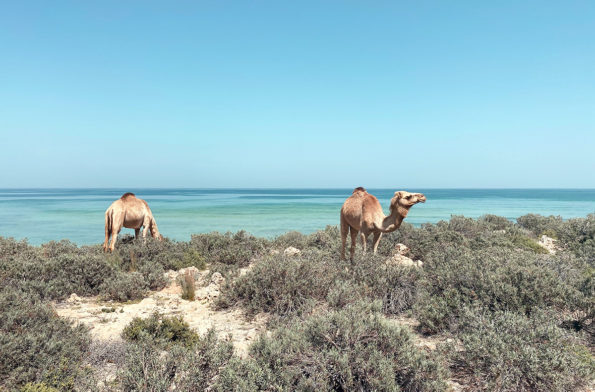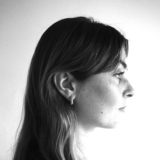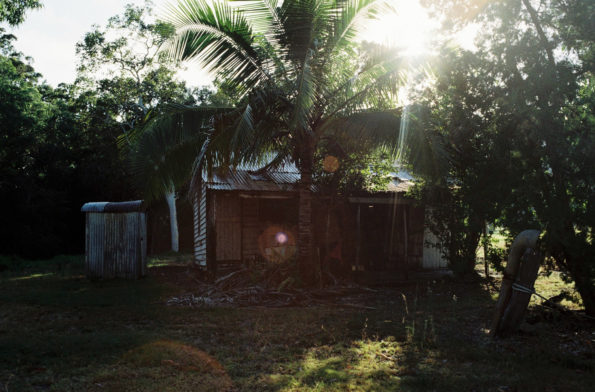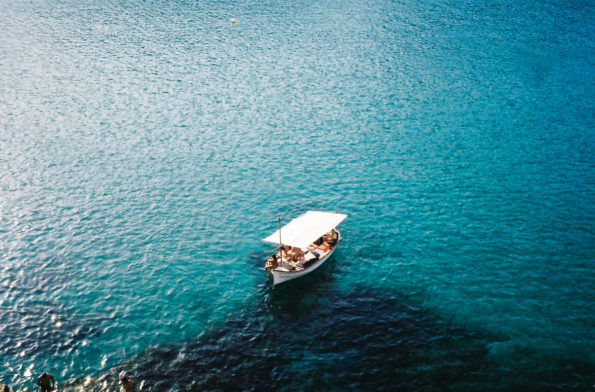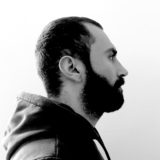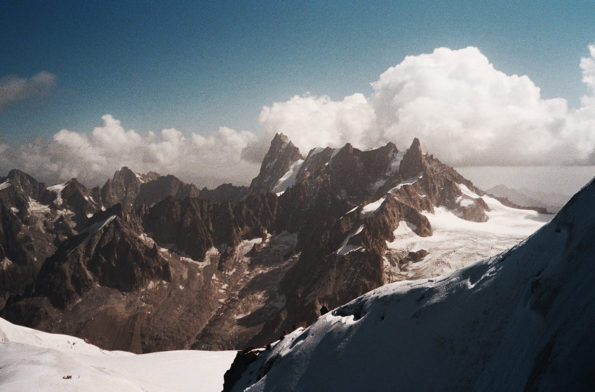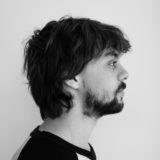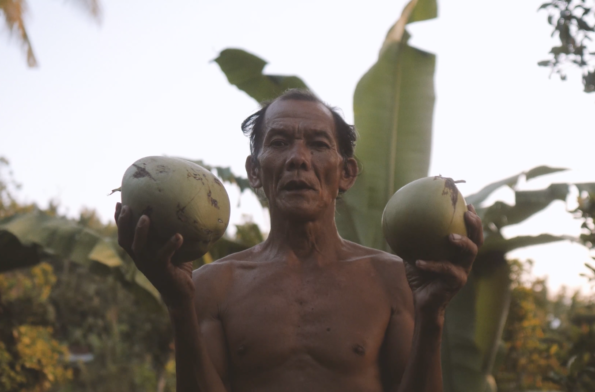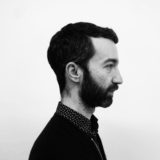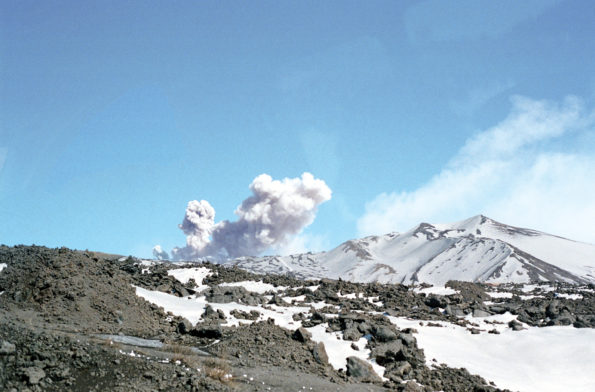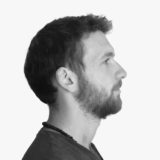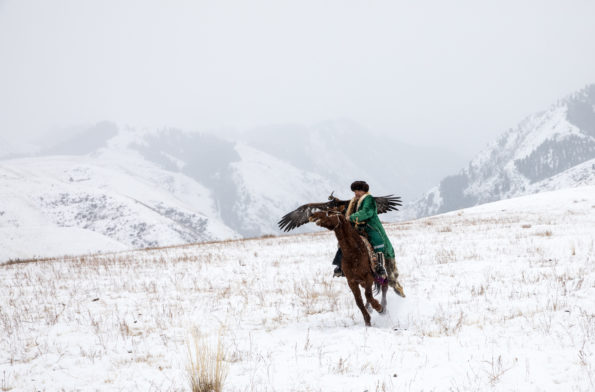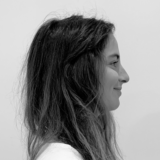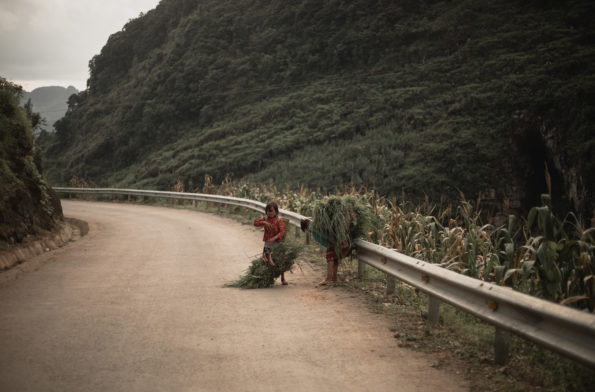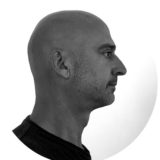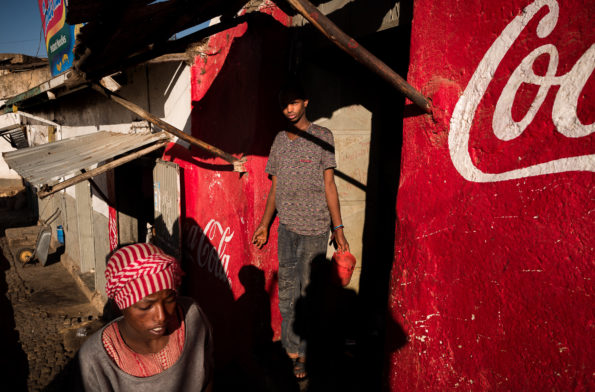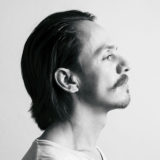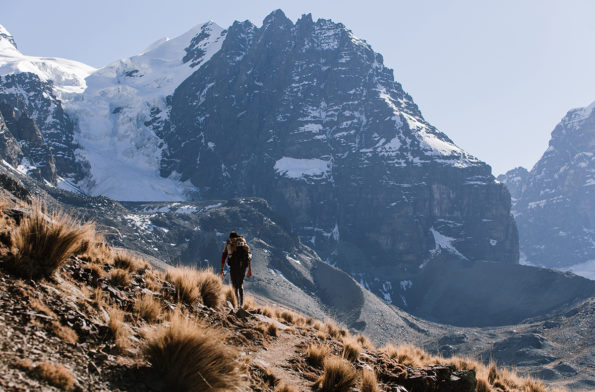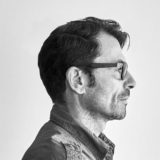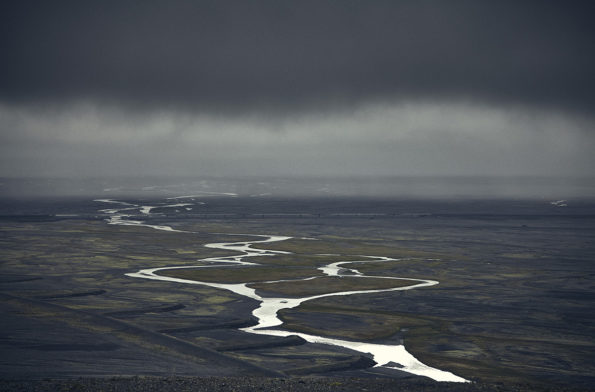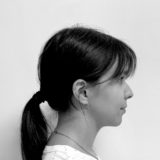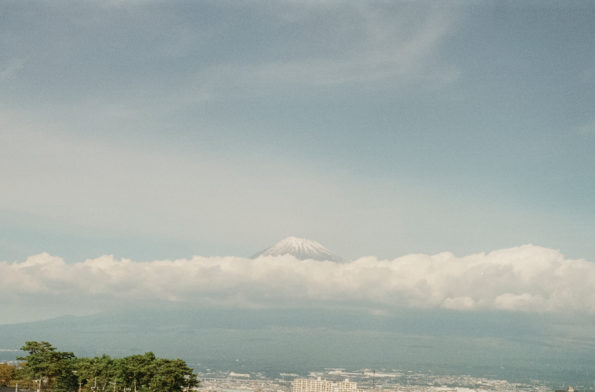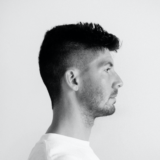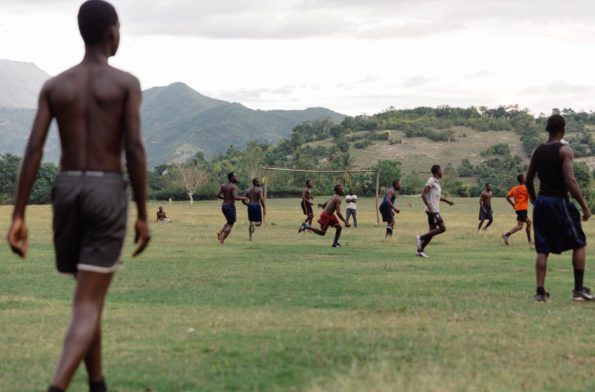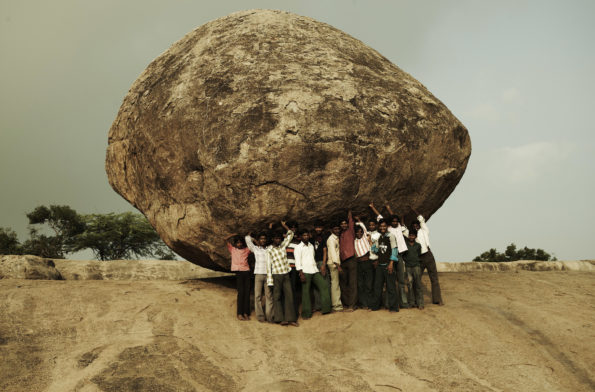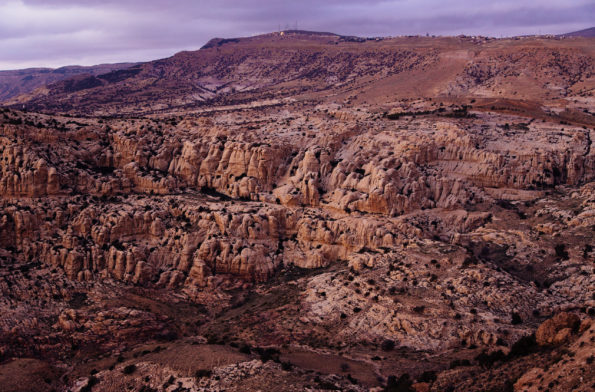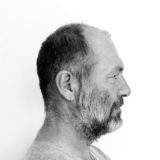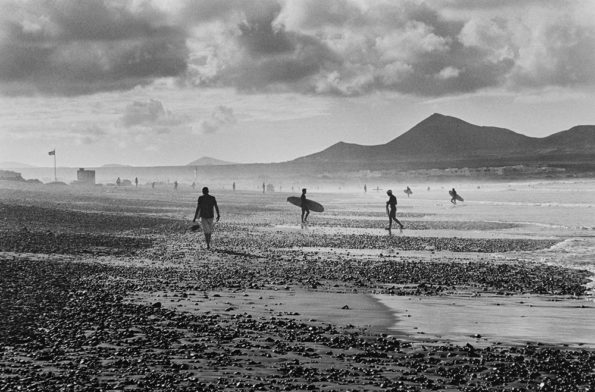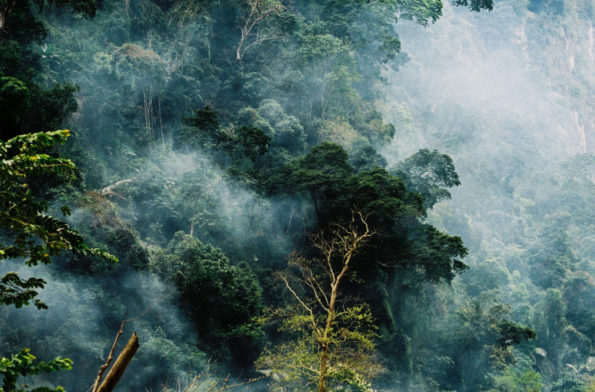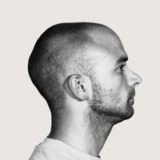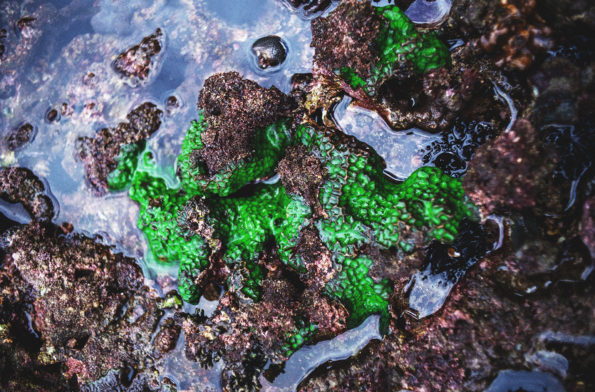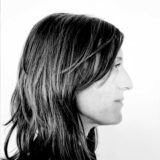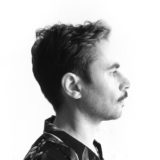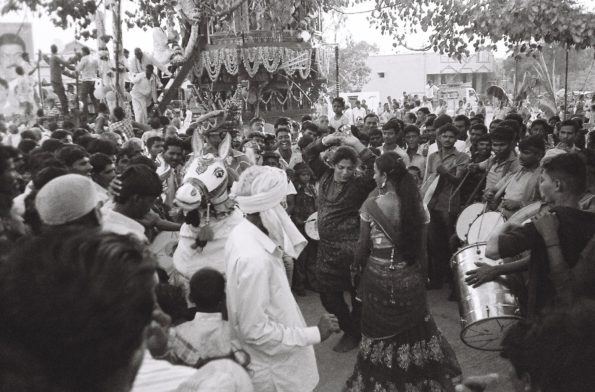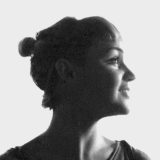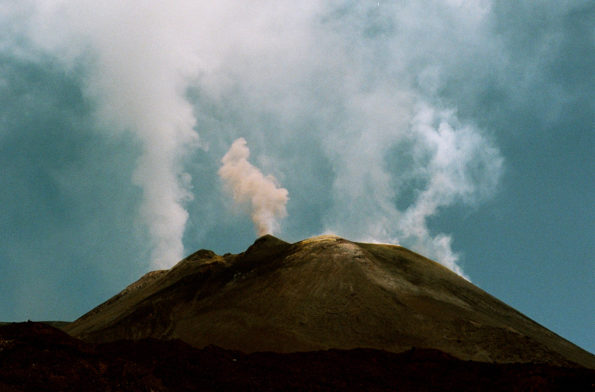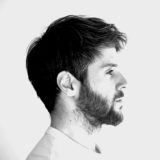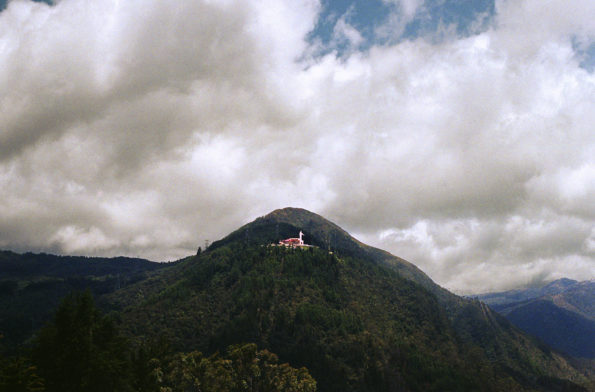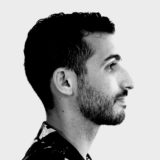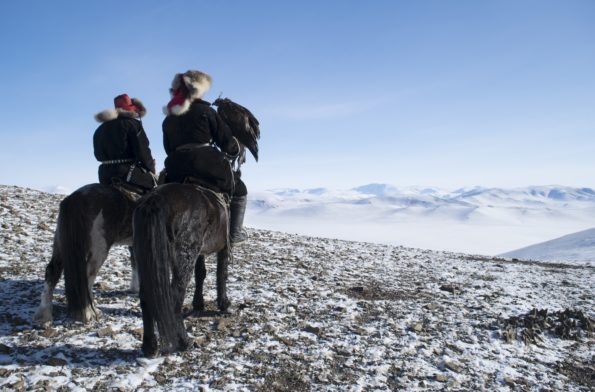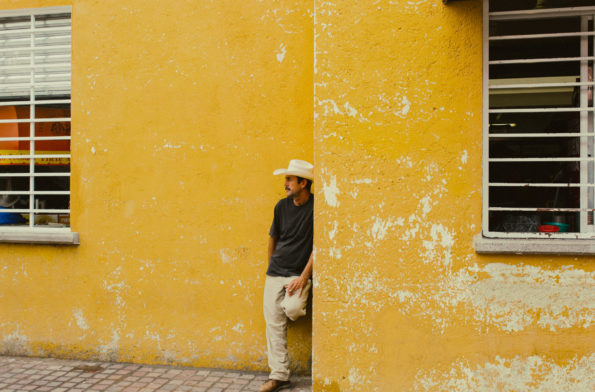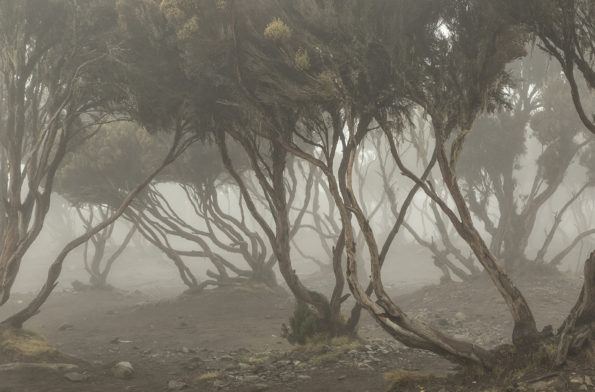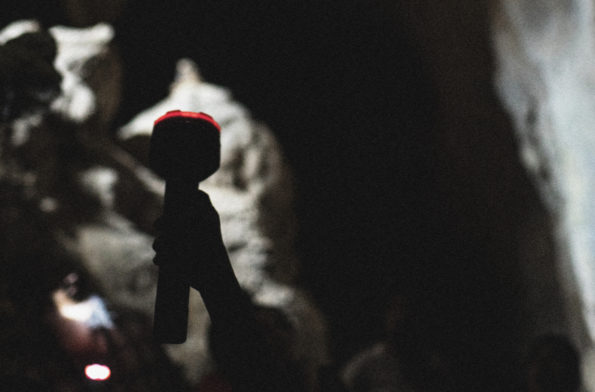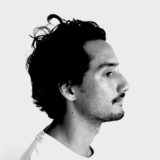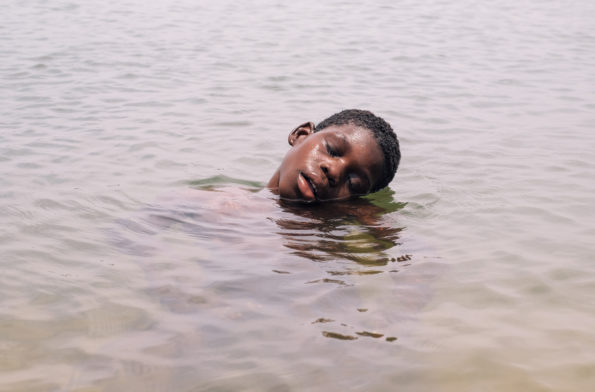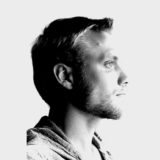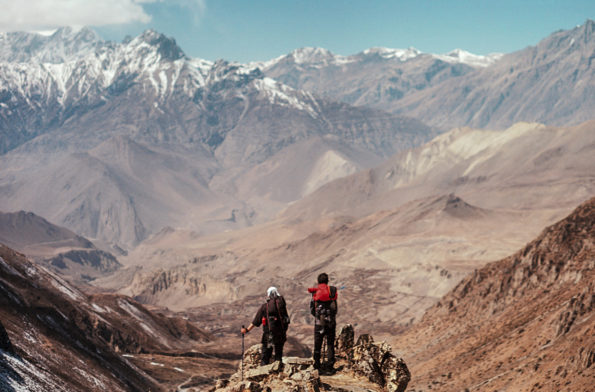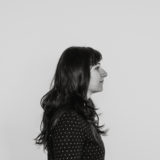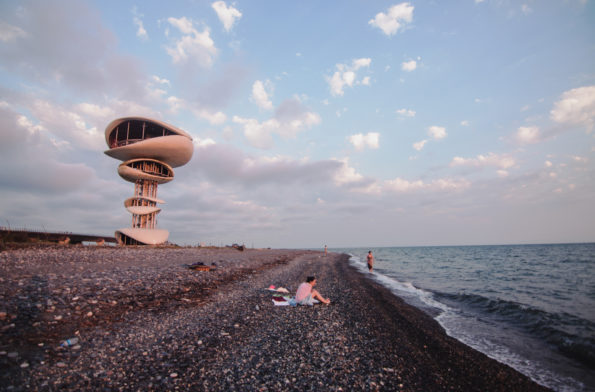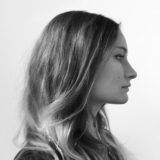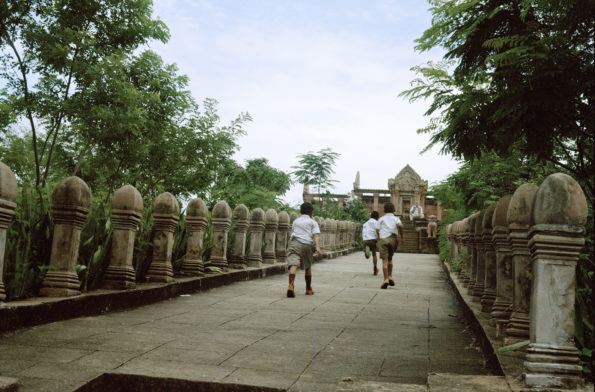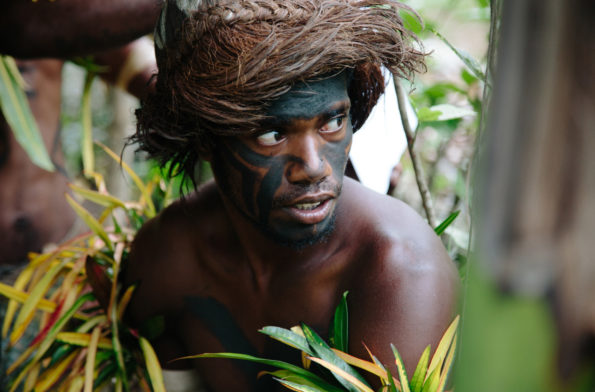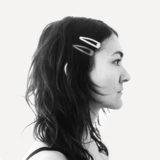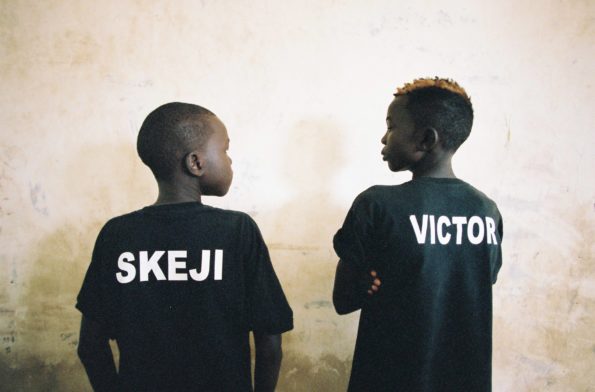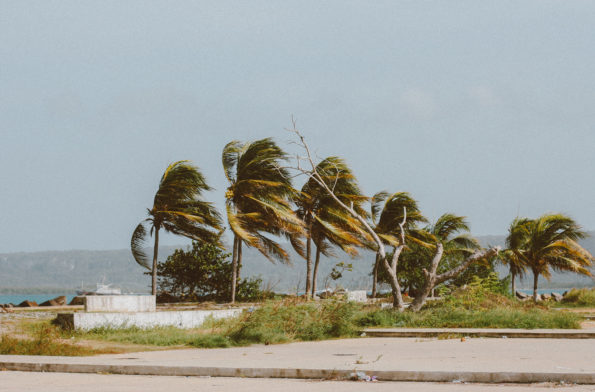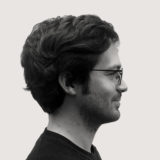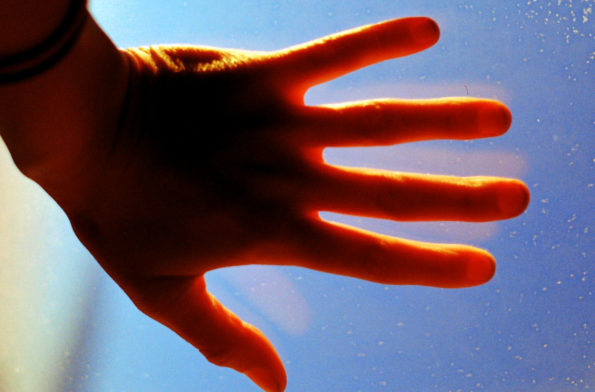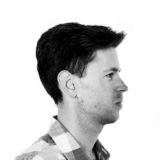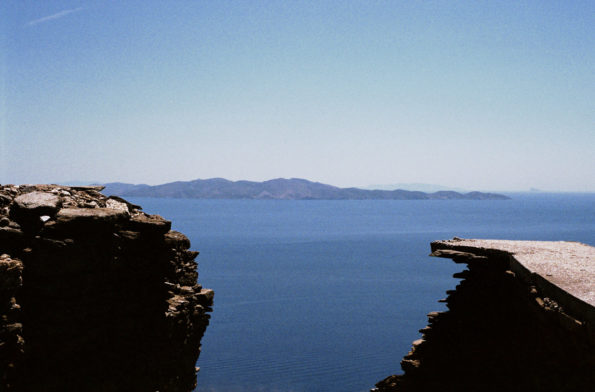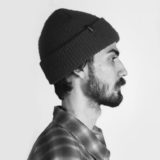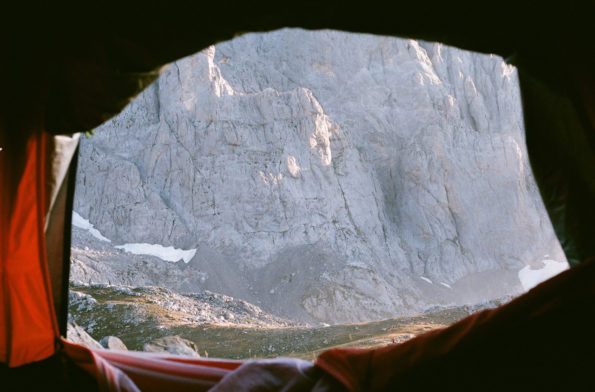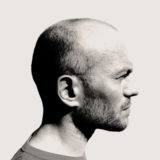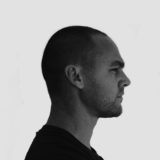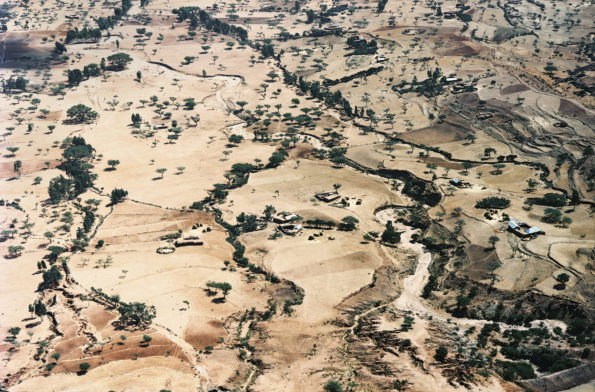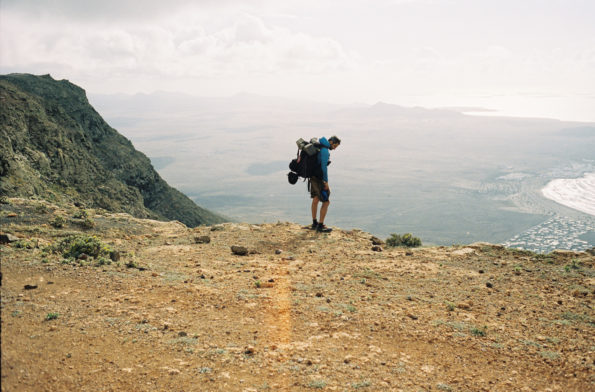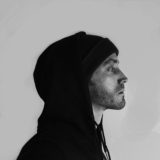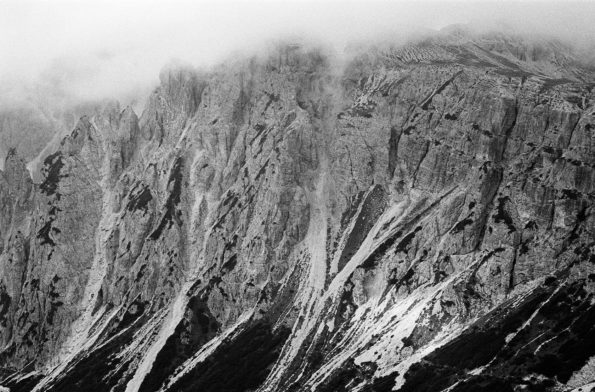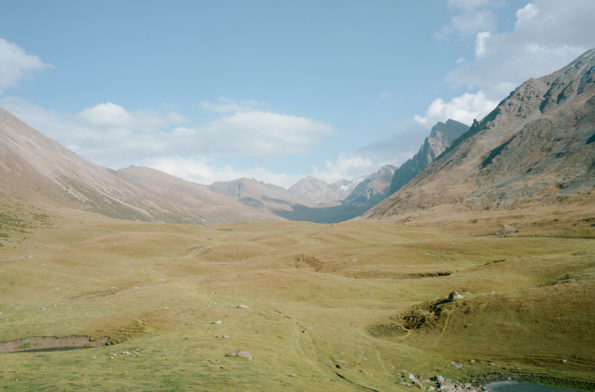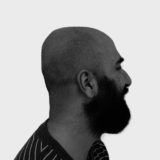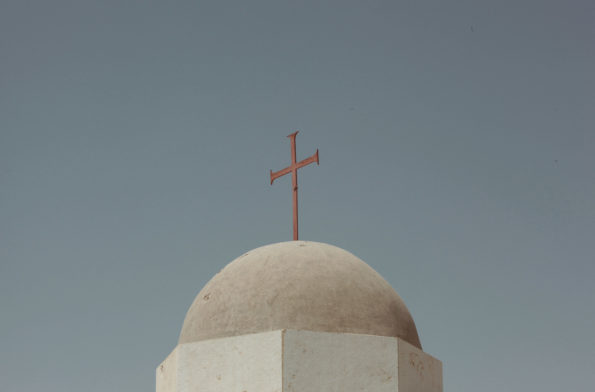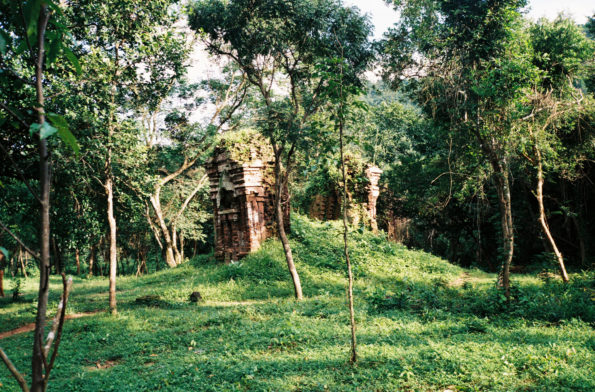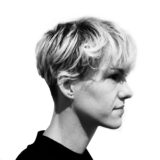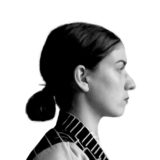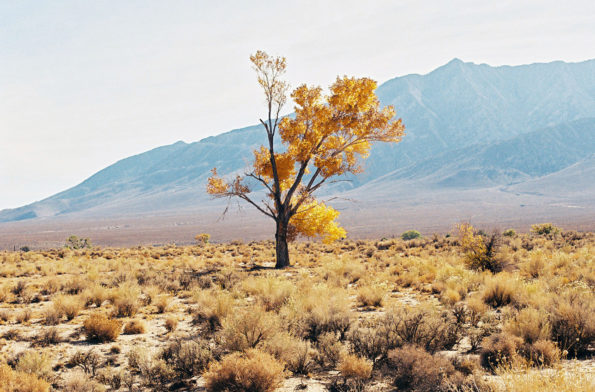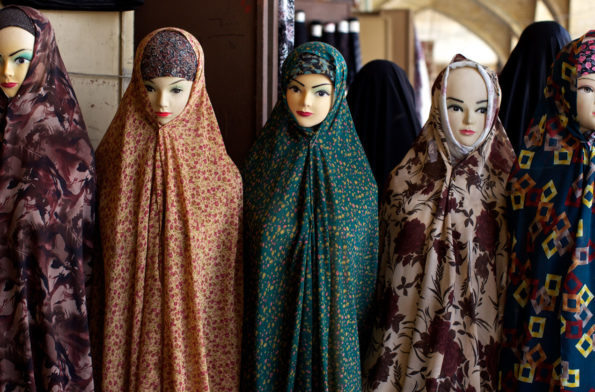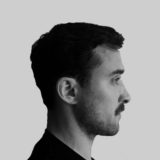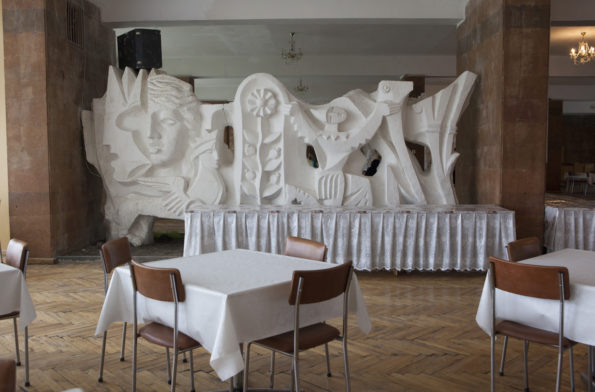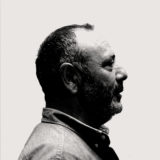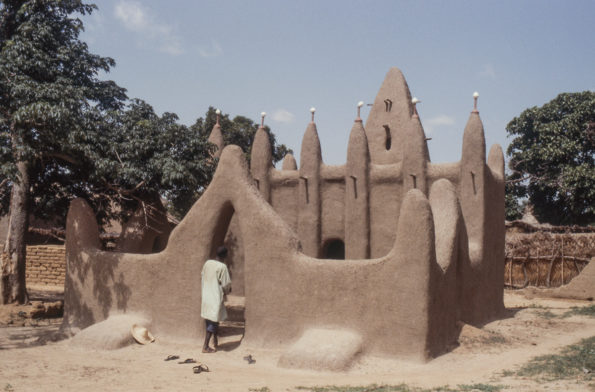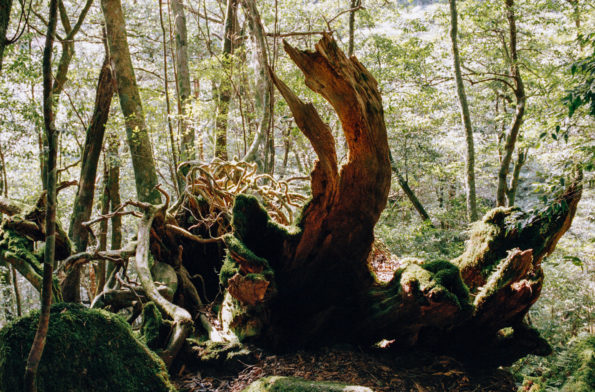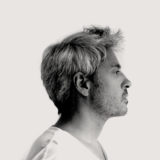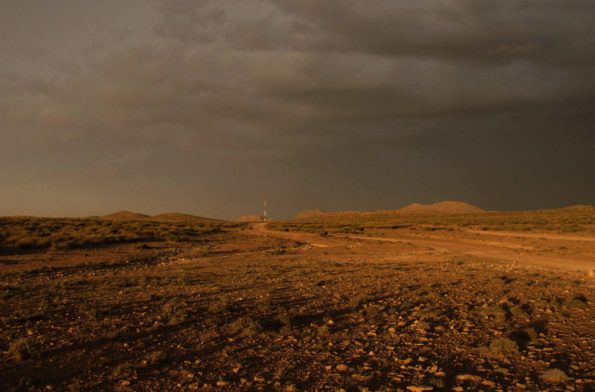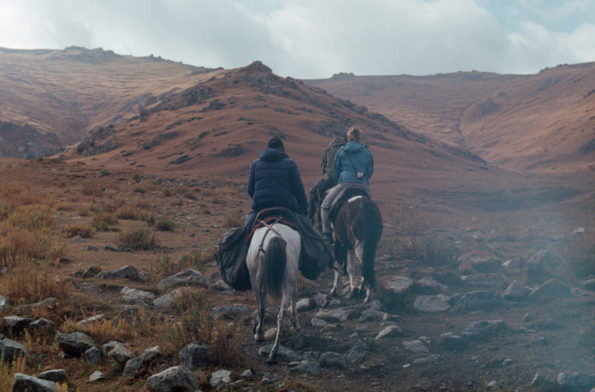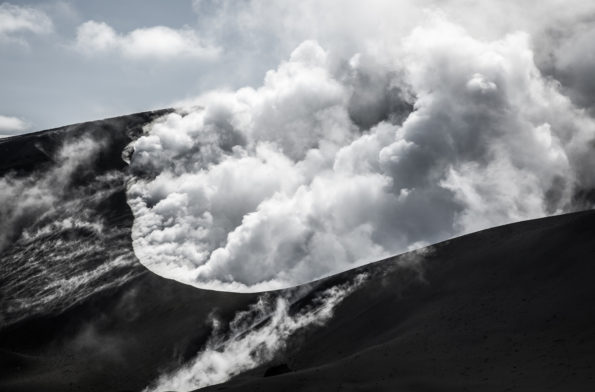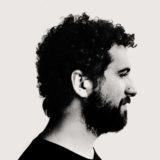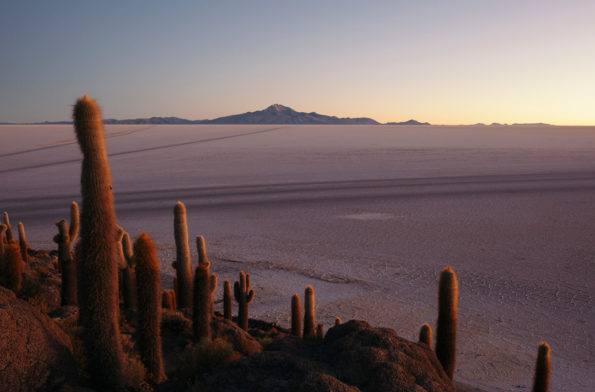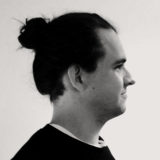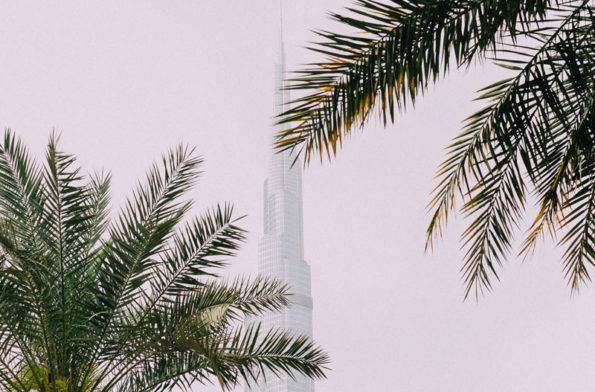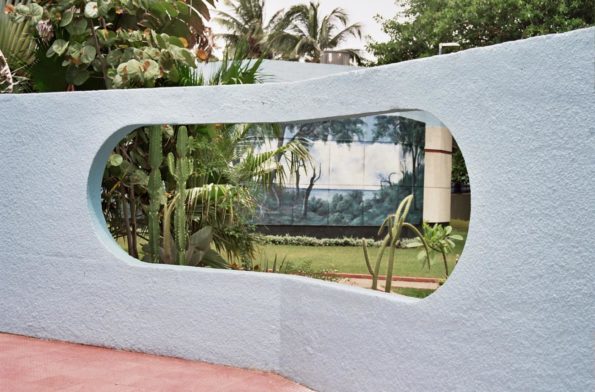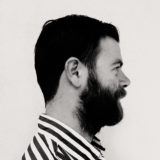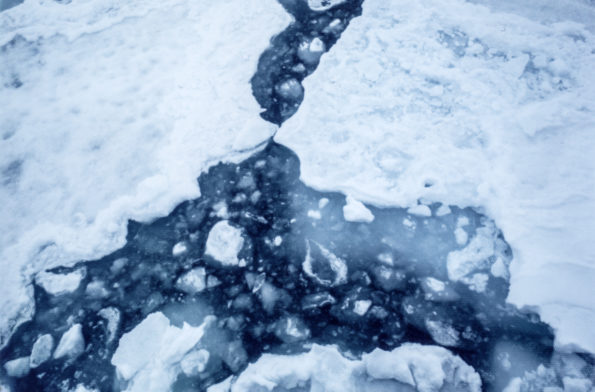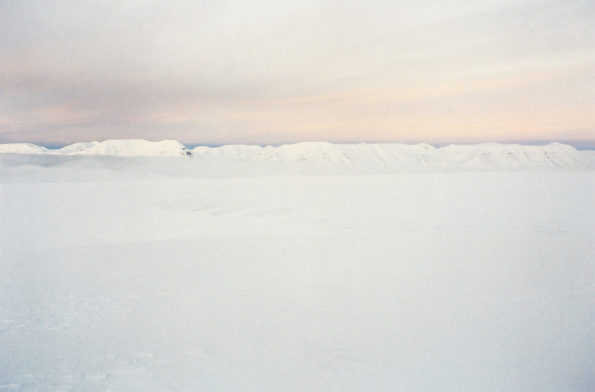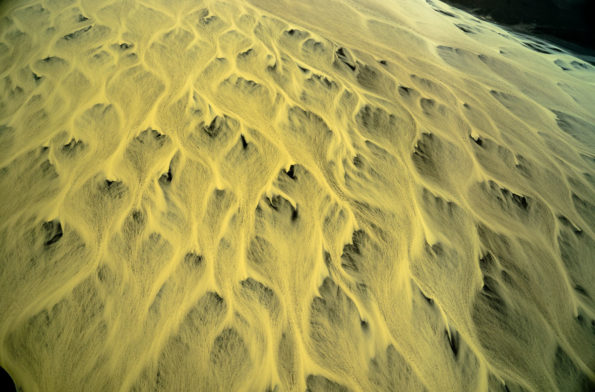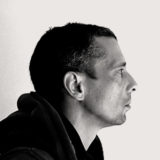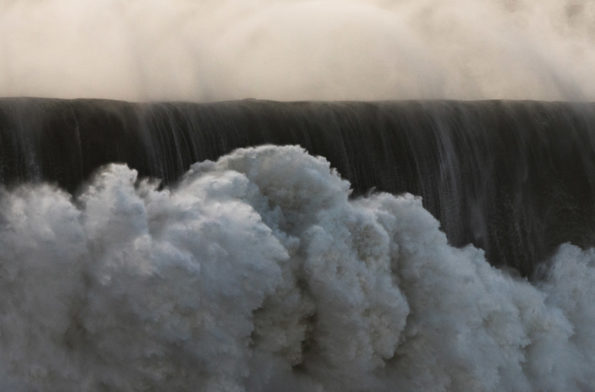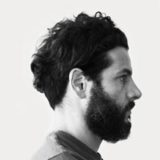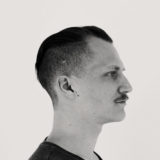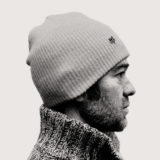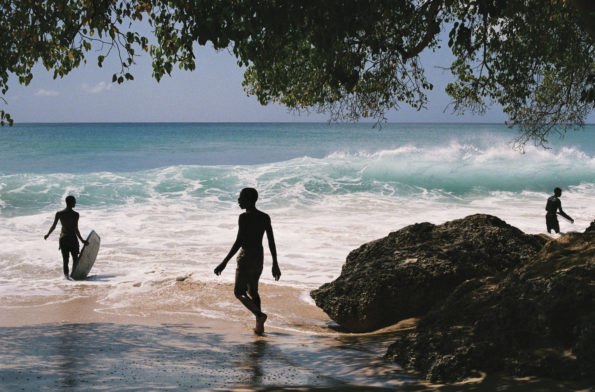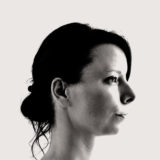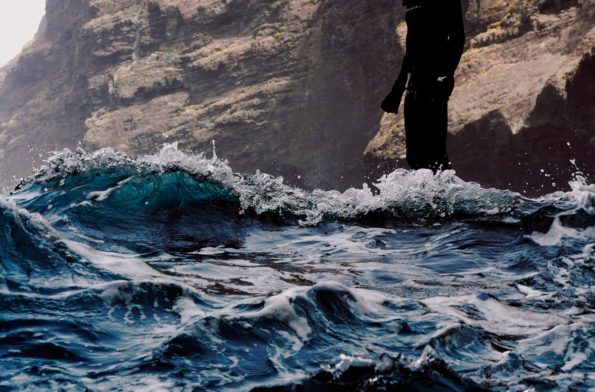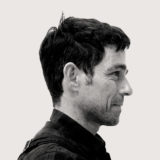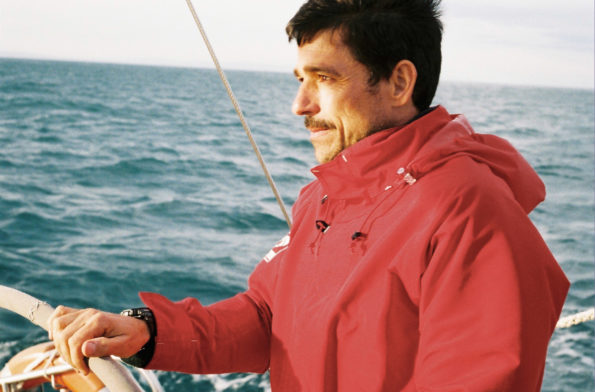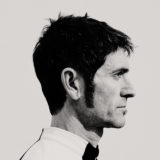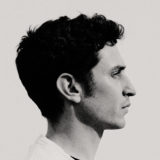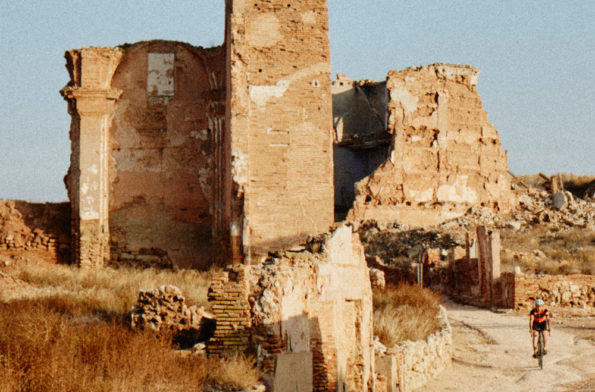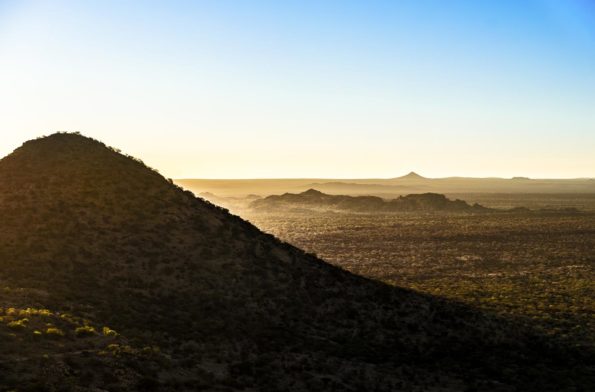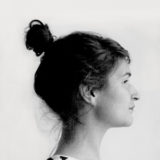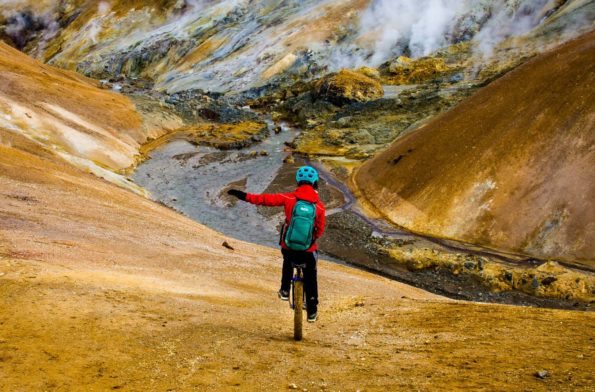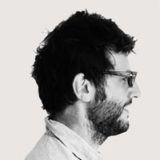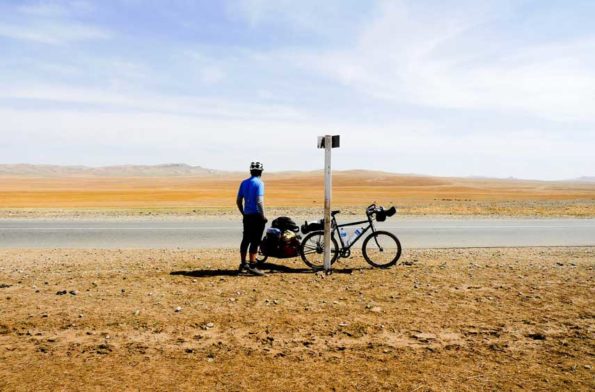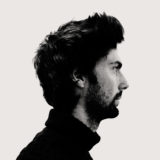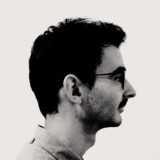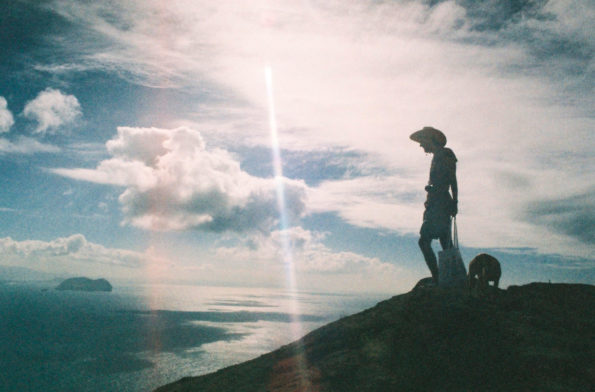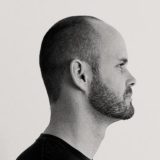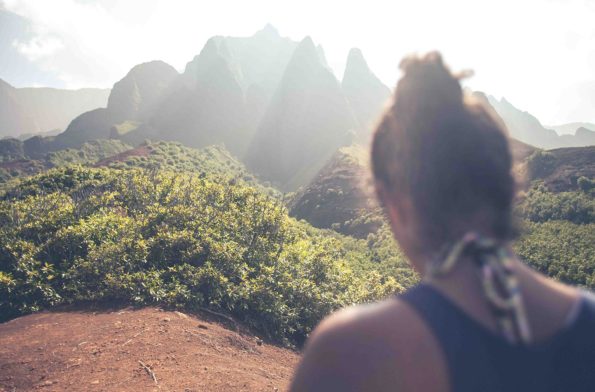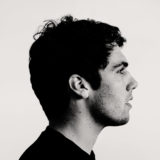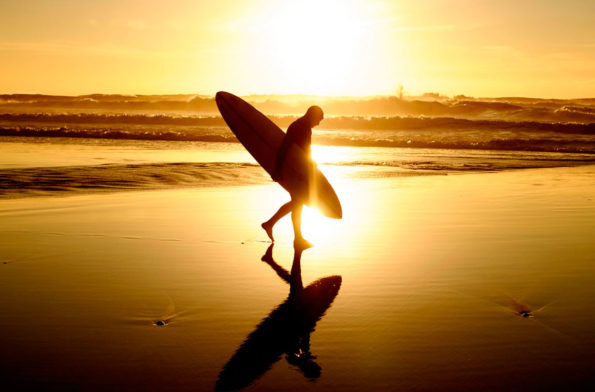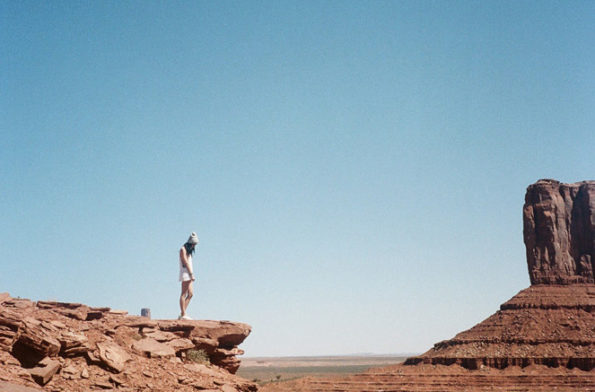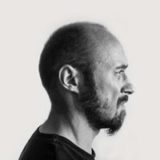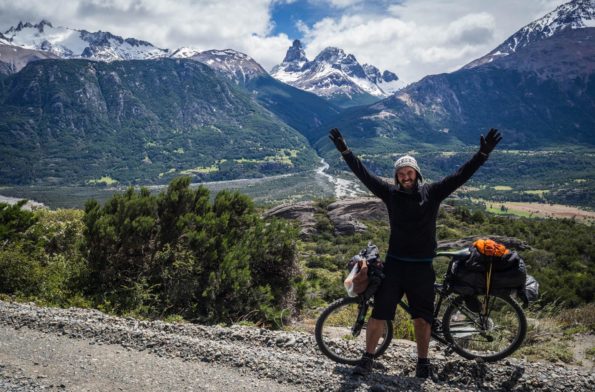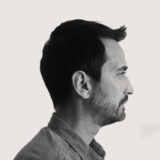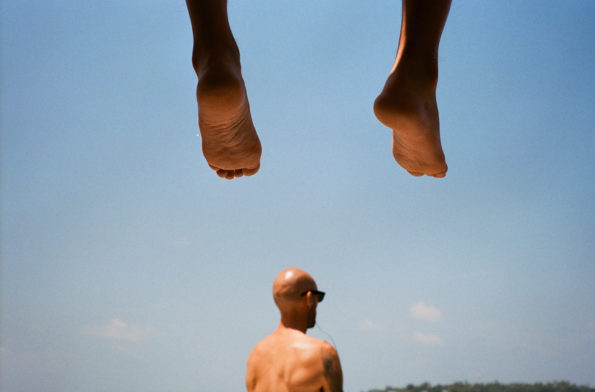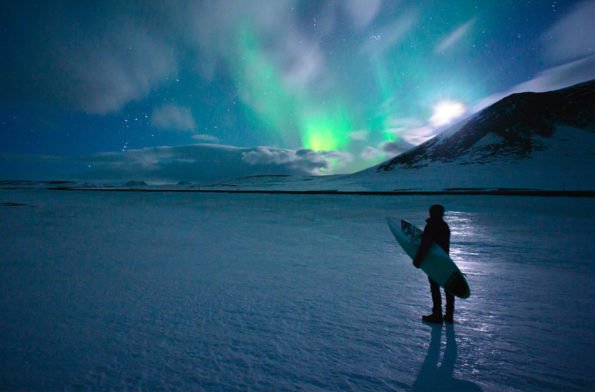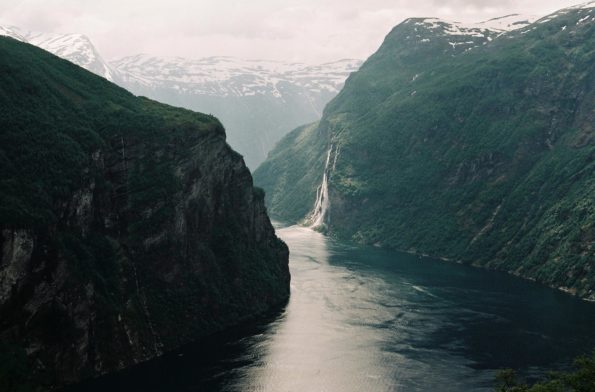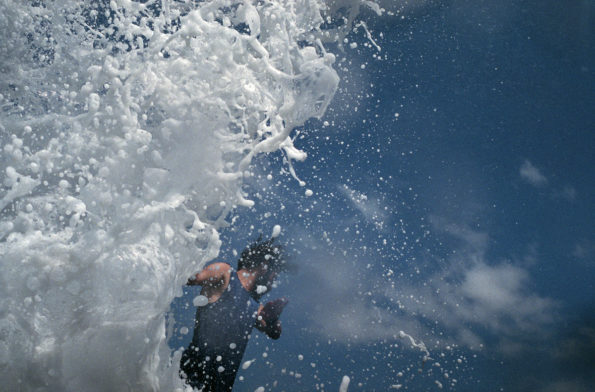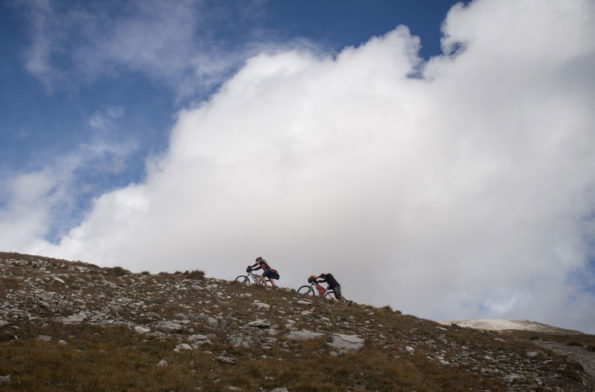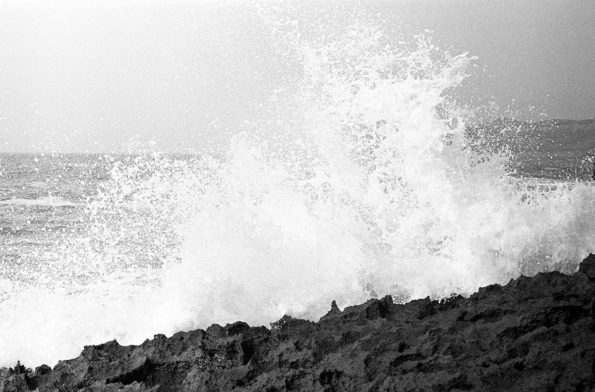Sailing The Arctic, Chapter III
The meaning of Home
Sailors, vessels and utopia

The first journey was to the Norwegian Arctic, a trip they embarked from Tromsö, direction Nordkapp. On board Sterna, captained by the experienced navigator Albert Bargués, Guille Cascante and the rest of the crew sailed to the very end of the world, seeking the meaning of Home in one of the remotest places of the world. The result of what they saw will become a film, 80 Latitude. Whales, dolphins and butterflies.
Leaving the continent, they sailed towards Bear Island, a remote island in the middle of Barents Sea, where only nine scientists live for a period of six months a year. They landed to the archipelago of Svalbard, a place where you are demanded to carry a weapon by law, due to the presence of polar bears. In Svalbard, they saw spectacular spots with striking nature, they visited places like Pyramiden, an old miner Russian town which in 1998 went from having 2000 inhabitants to 0 in a matter of 48 hours — a spectacular ghost town. Guille and the Sterna crew then reached Ny-Alesund, a settlement in the 79N latitude, the northernmost human base in the world, a place where 130 researchers and scientists live. Half of them men and the other half women, with an atmosphere that many cities would welcome.
On board a vassel, you have been travelling with long-standing experienced sailors to one of the remotest places in the world. What was the difference you felt between you and the crew? How does your experience of a journey change?
The crew was like a family, Albert is one of the most experienced sailors in the world. He has been around the world twice, and has spent most of his life in the ocean. He is the authority on board, yet he has got a very friendly and welcoming way of saying things which establishes trust without the need of bossing around. In a boat like the Sterna, such a professional crew makes a big difference and changes your perception of the journey. They work 24h a day, they guard even when the boat is anchored. When the weather conditions are bad, everyone is alert to all the different complications and manoeuvres they may face in the process. And these complications almost always appear. The rest of the people on board have a different mission.
Anna and I, for instance, are in charge of documenting the whole experience. We help in different manoeuvres, guarding and cooking, however the great responsibilities fall on the crew. I noticed this when we arrived to Bear Island. We were all very excited to touch ground and discover this place out of the Tintin world; travel preparations, cameras, bags, our weapon and the zodiac. Suddenly you realise Fernando and David can’t leave the boat because due to the 15 knots of wind, two people need to remain on the boat. You see in their eyes that they are just as excited to get off as you are, and that they will never be able to repeat this opportunity to experience this fascinating place, yet there they are always helping in any possible way, with the biggest smile on their faces. They are the sailors, we are the travellers.
Can you tell us about the captain Bargués?
Albert has the sea in his soul, you can really tell the difference in him when he is navigating as opposed to off board. Outside the boat he tries to act normally, and actively, always with his rucksack and never stopping for a break. He always explains his stories sparking up excitement and inspiration amongst the listeners. He could sell anything to anyone. Only when you know him well you can identify small details that give him away. You can see in a yawn or a vacant stare in the distance the consequences of someone who has been around the world twice with the worst possible sleeping habits. Then, there’s Albert navigating. Also restless, always alert (even in his sleep), checking maps, tying ropes, paying attention to the sails, keeping conversation with everyone, cooking (very well by the way), always with that look. That look almost full of ecstasy of being in absolute communion with the ocean. If he had a choice, he would never leave the deck. He’s never hungry or cold, which I must say at some point became an issue for the rest of us — Albert! Turn the heater on!
What is his background and the most interesting thing you learned from him?
I have learnt countless things from Albert, but the thing that impressed me the most is his ability to trust everyone. He never tells you how things need to be done, he simply lets you do it. Obviously as far as navigating goes, if you have done a mistake he will approach you and explain you how and why it needs to be done in a different way. For instance, he has never asked me to see the footage I have gathered only through being with him. It is always me who discusses the ideas, hesitations, changes needed, and he would always listen and say: If you thought about it that way, then it must be the best way.
Where you ever in danger?
The only moment where we actually felt like there was some danger was sailing. Arriving to Svalbard, our boat hit a very low surface which didn’t have any indications. That was horrible! We were peacefully navigating, when suddenly we heard a loud and hair-raising sound and impact, and the boat completely stopped in the middle of the sea. Albert reacted quickly and was able to manoeuvre our way out of the danger zone. Once this was solved, the next step was finding the hole / consequences that impact had on the boat. After half an hour of thoroughly checking the boat’s hull we saw that there was no risk of water filtrations. That was the worst part of the journey. Luckily for us, the Sterna is a resistant sailing boat and their crew can boast of loads of experience and cold blood.
You’ve been investigating about the theme of Home and you realised that the word “home” has a very open meaning.
Home can be a house, a boat, a scientific base in the middle of nowhere, but we all need a home. A refuge, a place where we feel warm and sheltered. A place where we have privacy and can be relaxed with our people, family, couples or friends. Pretty much everyone replies that their home is where these people are.
Do you share some of the points of the people living there? In other words, would you ever take their same life decision?
I don’t know (Laughs, ed). I love travelling and spending long periods of time far from home, meeting people and new places. In fact, it is the thing I like most in my job, but I do enjoy being back home and having one. In fact, the documentary begins with a quote from T.H. White which states “Sailing wouldn’t be exciting if one didn’t have his own port”
Why the documentary?
The documentary reflects upon the concept of “home” within a navigating journey in the most remote places of the Earth. “What’s home for you?” was the common question for all the interviewees, people we met in all the different places we’ve been to: Bear Island (Bjørnoya), Pyramiden, Ny-Alesund, scientists, meteorologists, guides…They all have a thing in common, none of them were born in the Arctic and they are all there because they want to, they are travellers feeling at home.
Travelling while documenting is not easy: what is the secret to catch all the emotional situations and living them at the same time?
That is the key part of documentaries and each person has a different way of approaching it. I know mine: I know I am not going to be able to capture all the details, but otherwise I will be filming all day and that would be impossible. You need to keep a balance between filming and knowing the people, helping and enjoying the journey. A boat is a small place and a great amplifier of feelings and mood states. In this sense, I avoided being too intrusive with the camera in case the crew got irritated by it. Off board you don’t have to be that cautious, however, we would spend between 24 and 48 hours in each place and that gave you very little time to know the person, gain their trust and execute a thorough interview. That’s when I couldn’t let the camera go.
You are on a ship in the very northern waters of the globe with the same people for weeks, and night never really falls. How is your conception of time and reality affected?
At first, it took us all some time to get used to it. I remember the first dinner on board in the Arctic, where somebody mentioned: “Have you noticed it is 2am and we are casually having dinner?” Slowly, we got used to it and in the end it seemed normal, but you do miss the night. Once we were back in Barcelona, I remember grabbing a beer in a terrace, just to see the night fall again.
When you’re out there on your expeditions, you have hours and days to form your thoughts. Did it help you to have more time to think?
The truth is that when you are filming for 24 hours you only think of what you have, what you don’t and how to execute one thing or the other.You don’t have much spare time to think about things. For me the only difference as far as mental activity goes, is that when you are travelling, that is purely the only thing you are thinking about: travelling. While in Barcelona I have 1000 things in mind.
As everything is more or less free from impurities, do you think that light at those latitudes is different from the one in other places of the world?
Yes, light is definitely one of the things that affect your perception of landscapes the most. In summer, the sun is always visible in the Arctic, however never in a zenithal manner. The light is always soft and that “magic hour” before dusk and dawn in our latitude, lasts hours in theirs. Therefore light is beautiful, specially for filming, sometimes too much!
Tell us about the end of your journey and how winter came in 48 hours.
I was in Svalbard in August and July, always with fairly easy temperatures, around 5º. It was towards the end of August that we started seeing the Arctic’s fangs. The night between the last day of August and the first of September I guess can be established as our first Winter experience. In 48 hours it started snowing, the temperature dropped ten degrees and we technically saw our first sunset. Anna and I flew back the next day. But the rest of our companions and Sterna’s crew stayed on board to navigate directly to Barcelona. They are the real sailors.
What’s next?
The South Pole! I recently received a call I still can’t believe. I was called from the Barcelona World Race to go to Cape Horn and photograph the participants as they race through the cape. Cape Horn!! The most legendary spot for any navigation enthusiast, there are thousands of stories and legends which take place in this emblematic edge of the world. Shipwrecks, storms, persecutions and escapes…Once there, I will take advantage of the opportunity and film about the Cape and it’s history, I am so excited!
Pictures. Anna Huix
Interview. Vincenzo Angileri, Editor
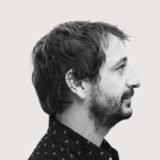
Guille Cascante
Filmmaker and Sailor

Anna Huix
Photographer


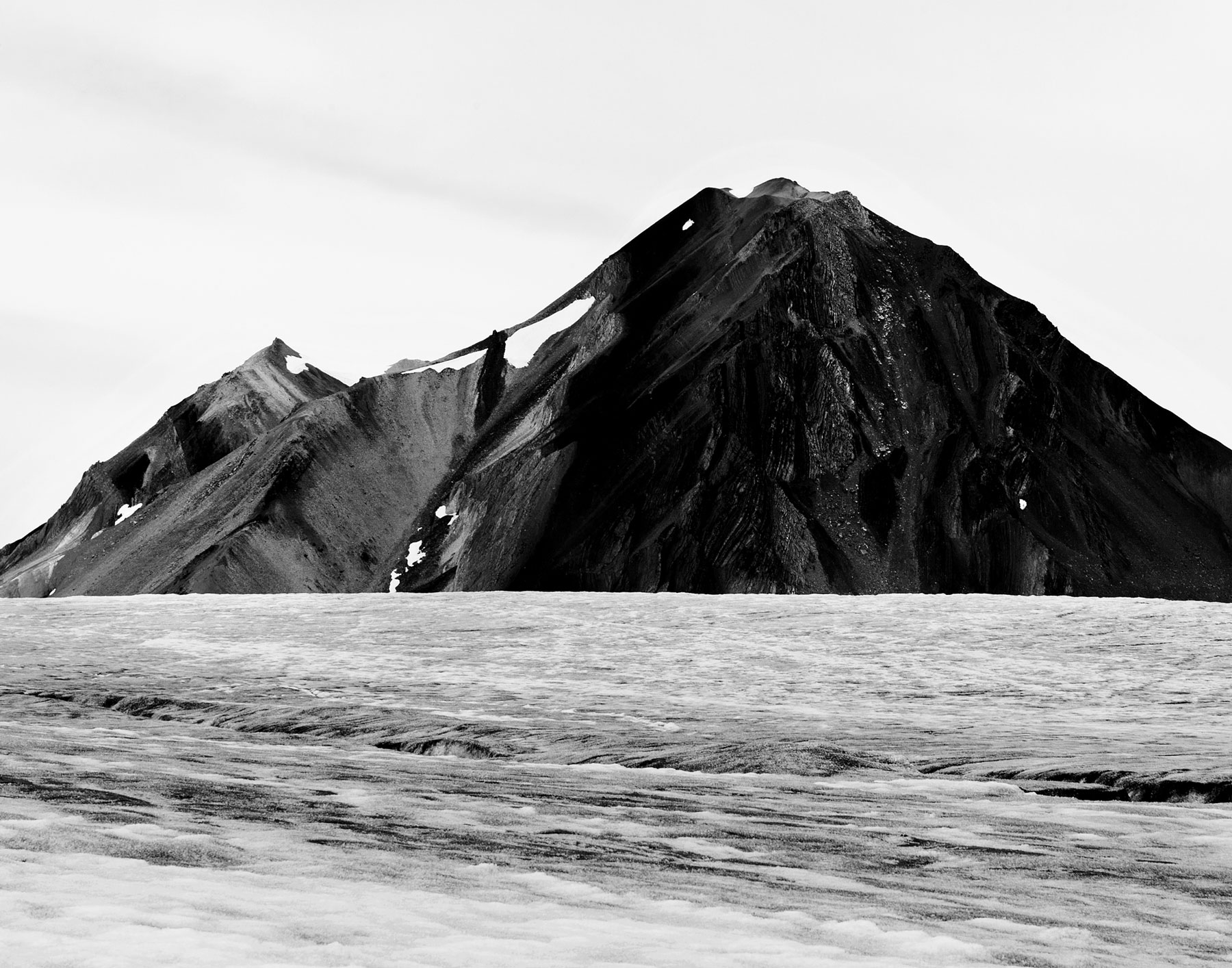
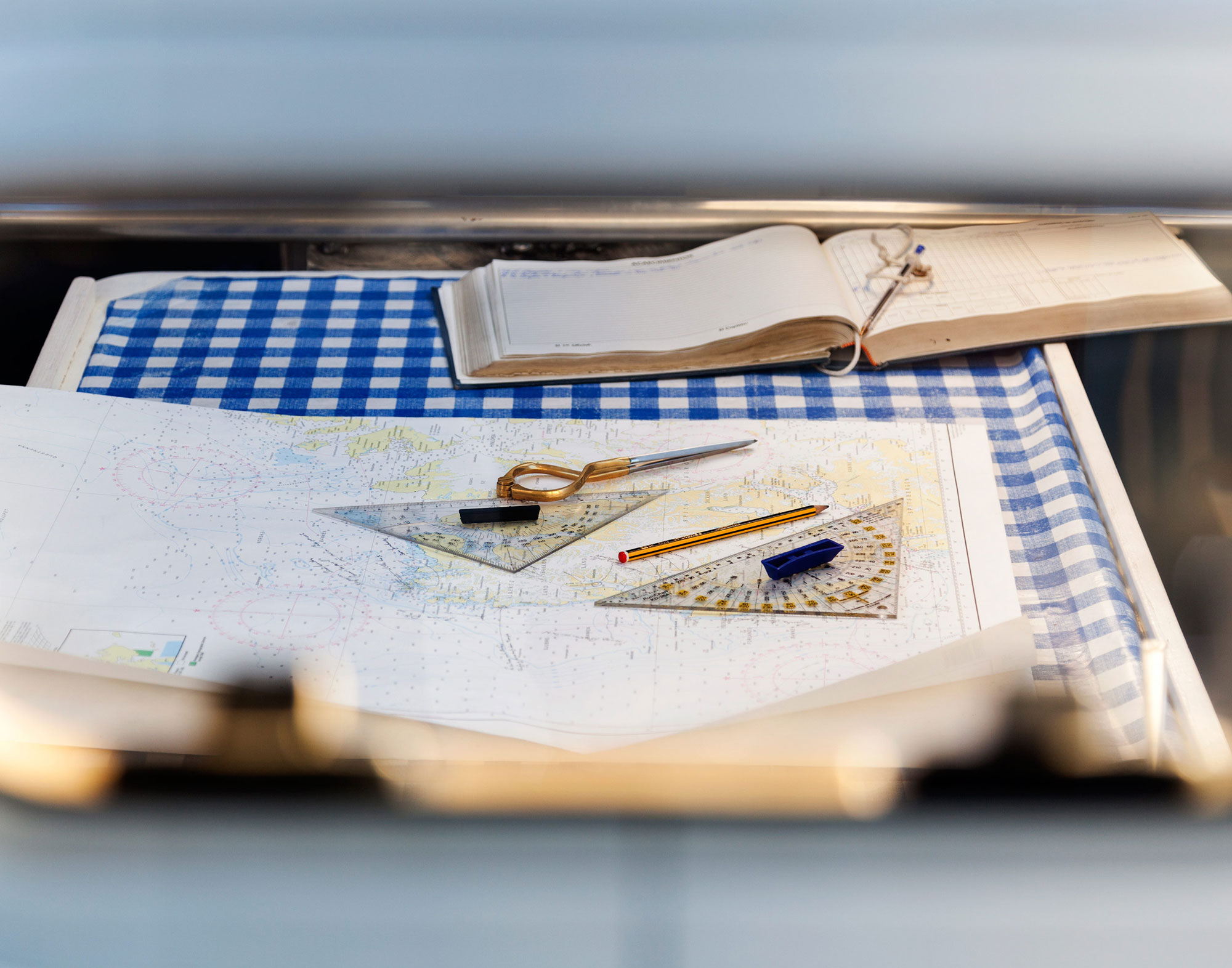
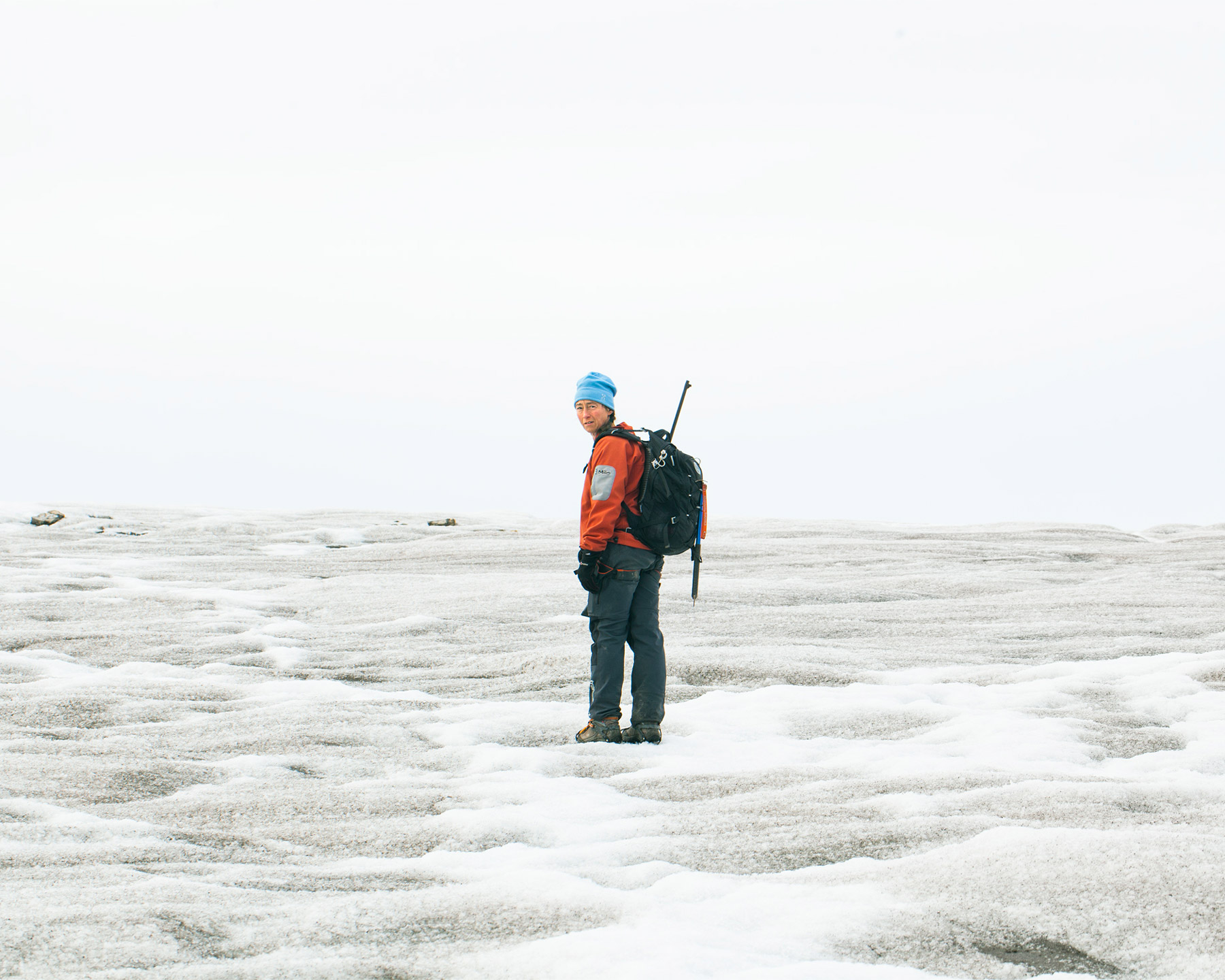
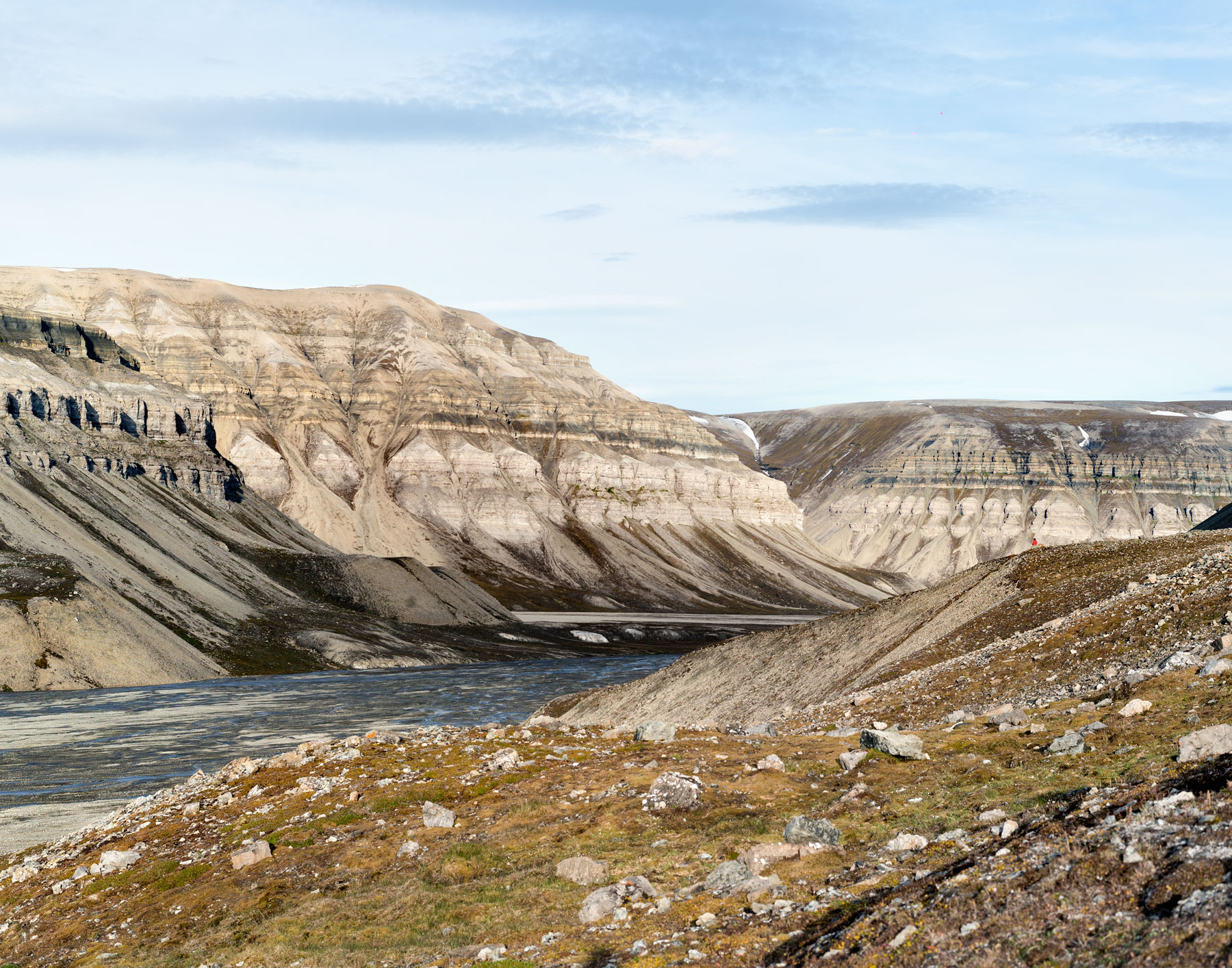
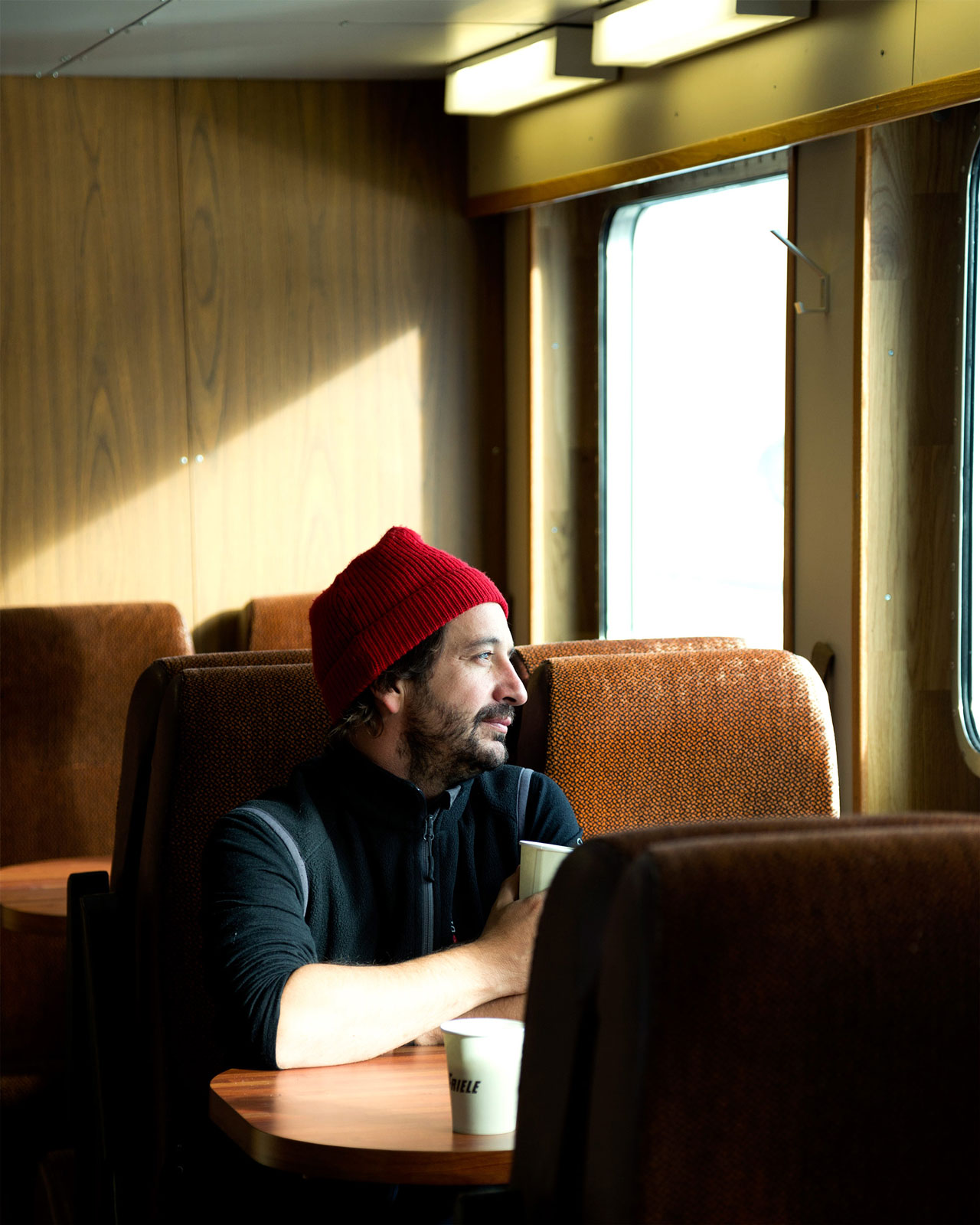
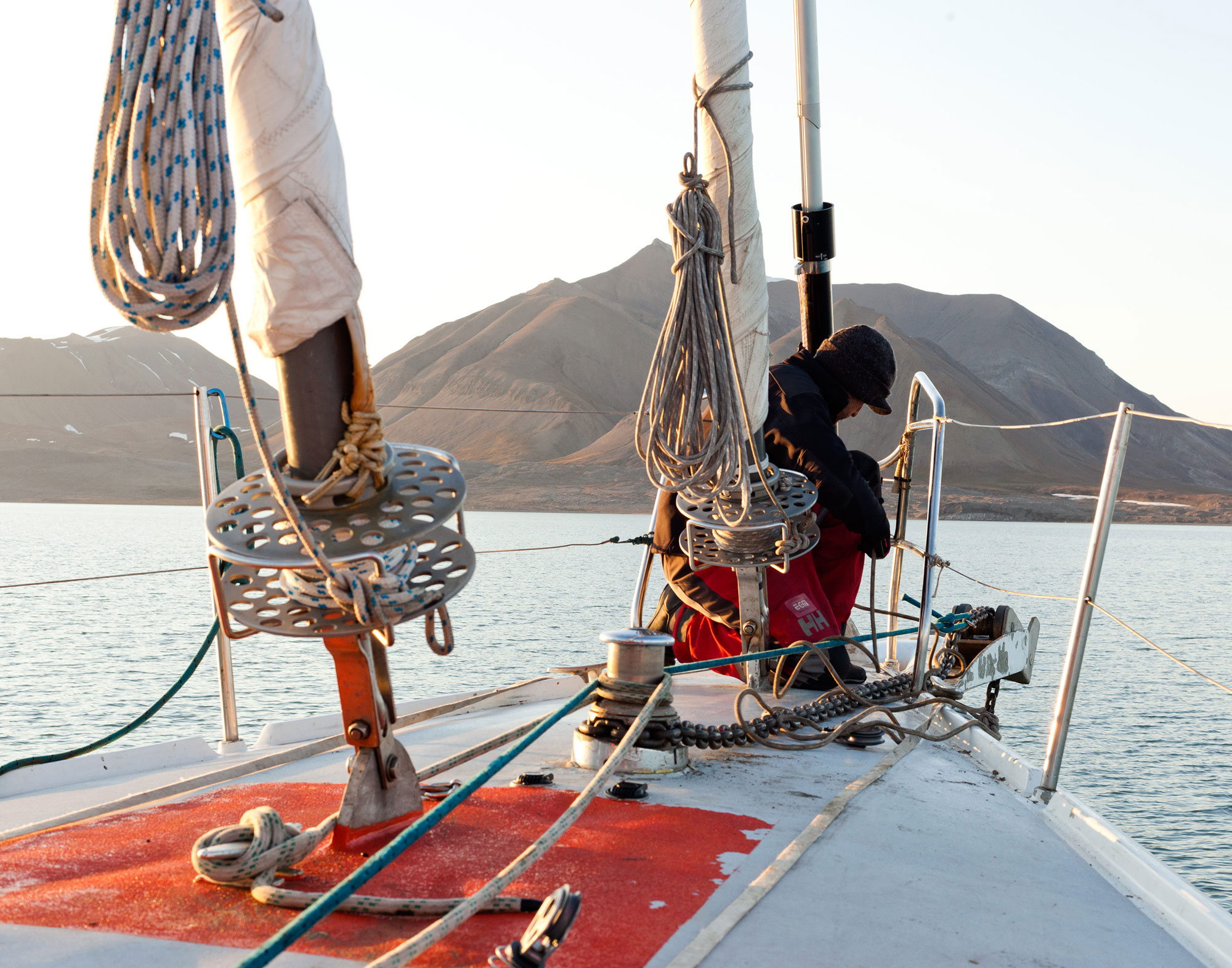
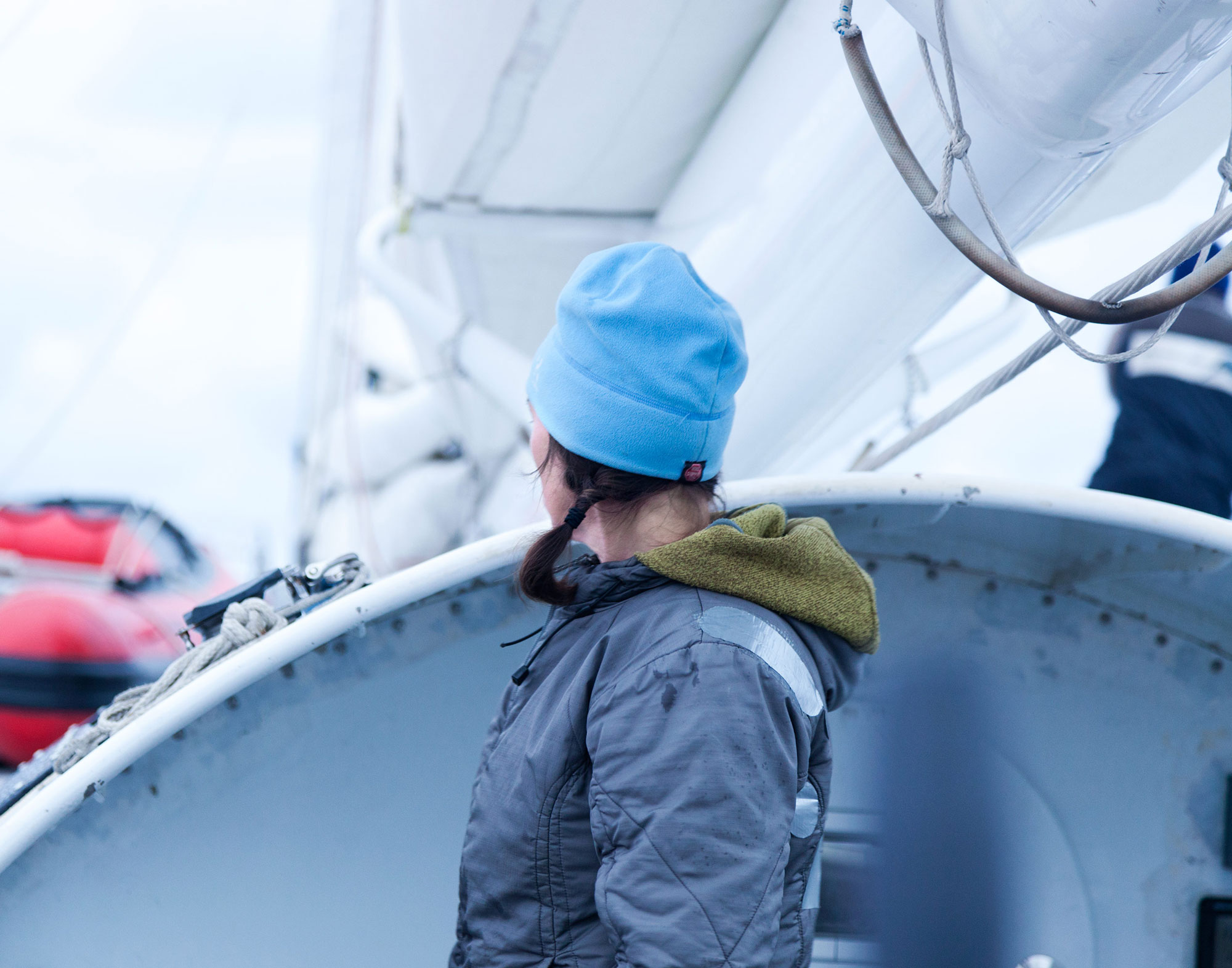
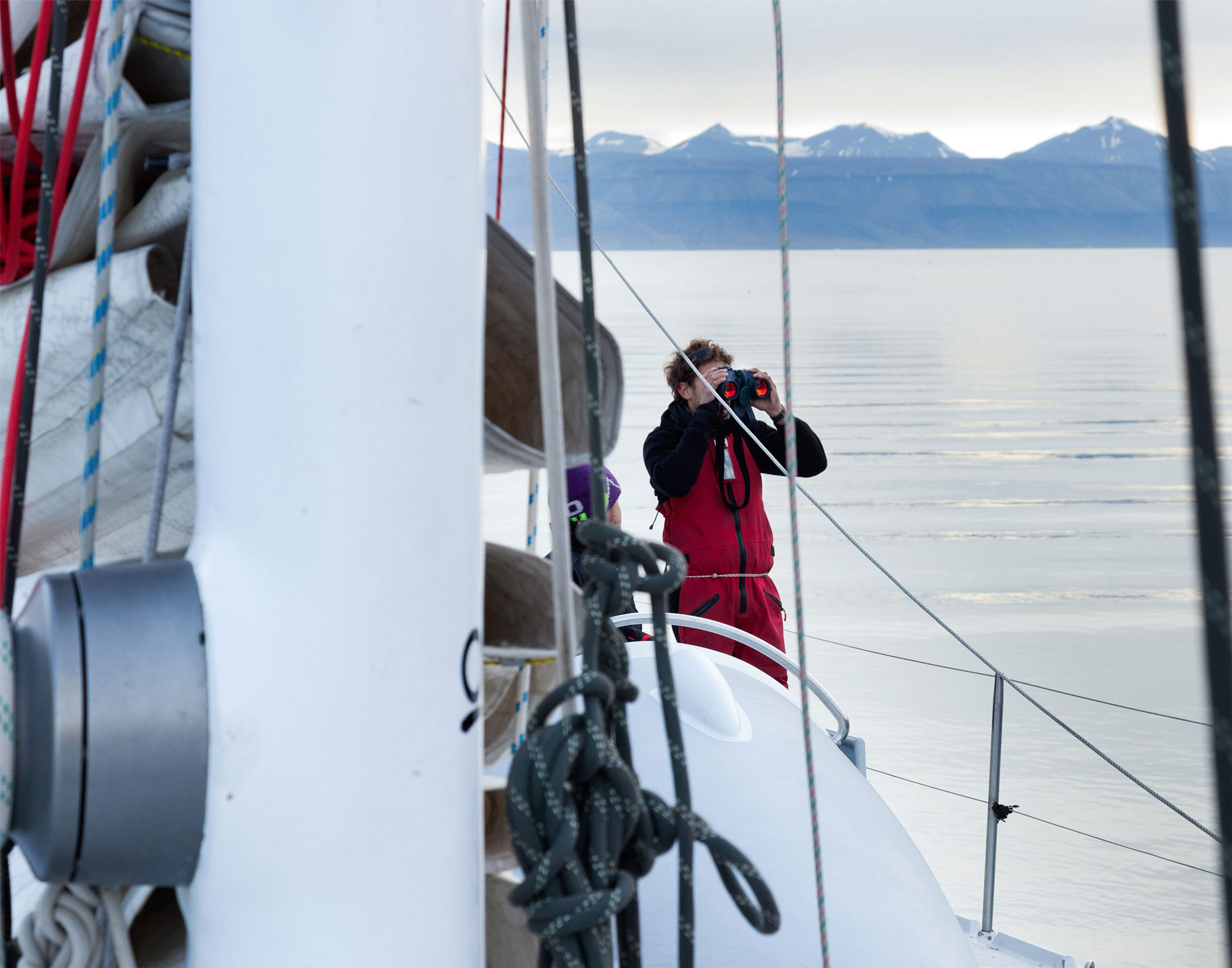
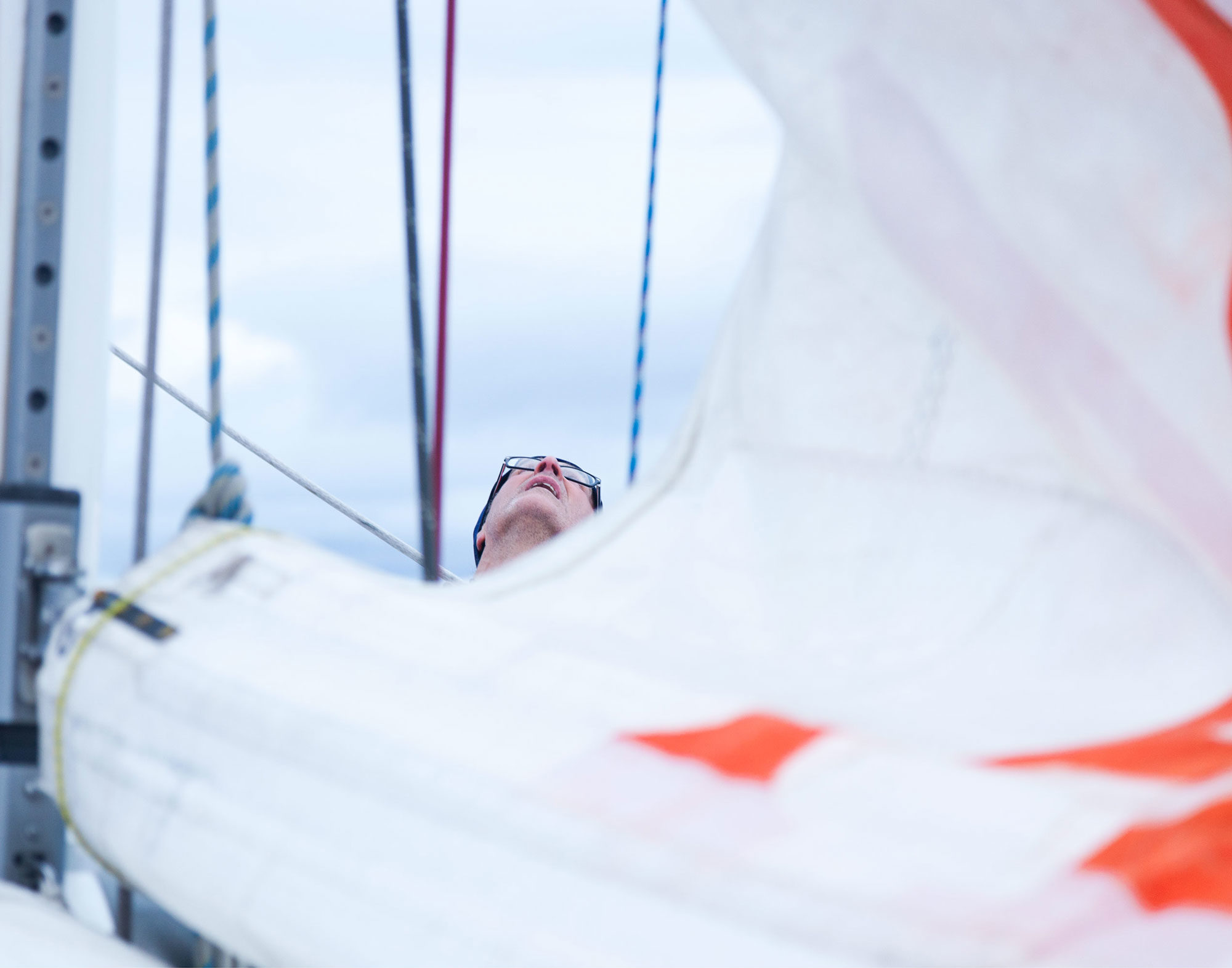
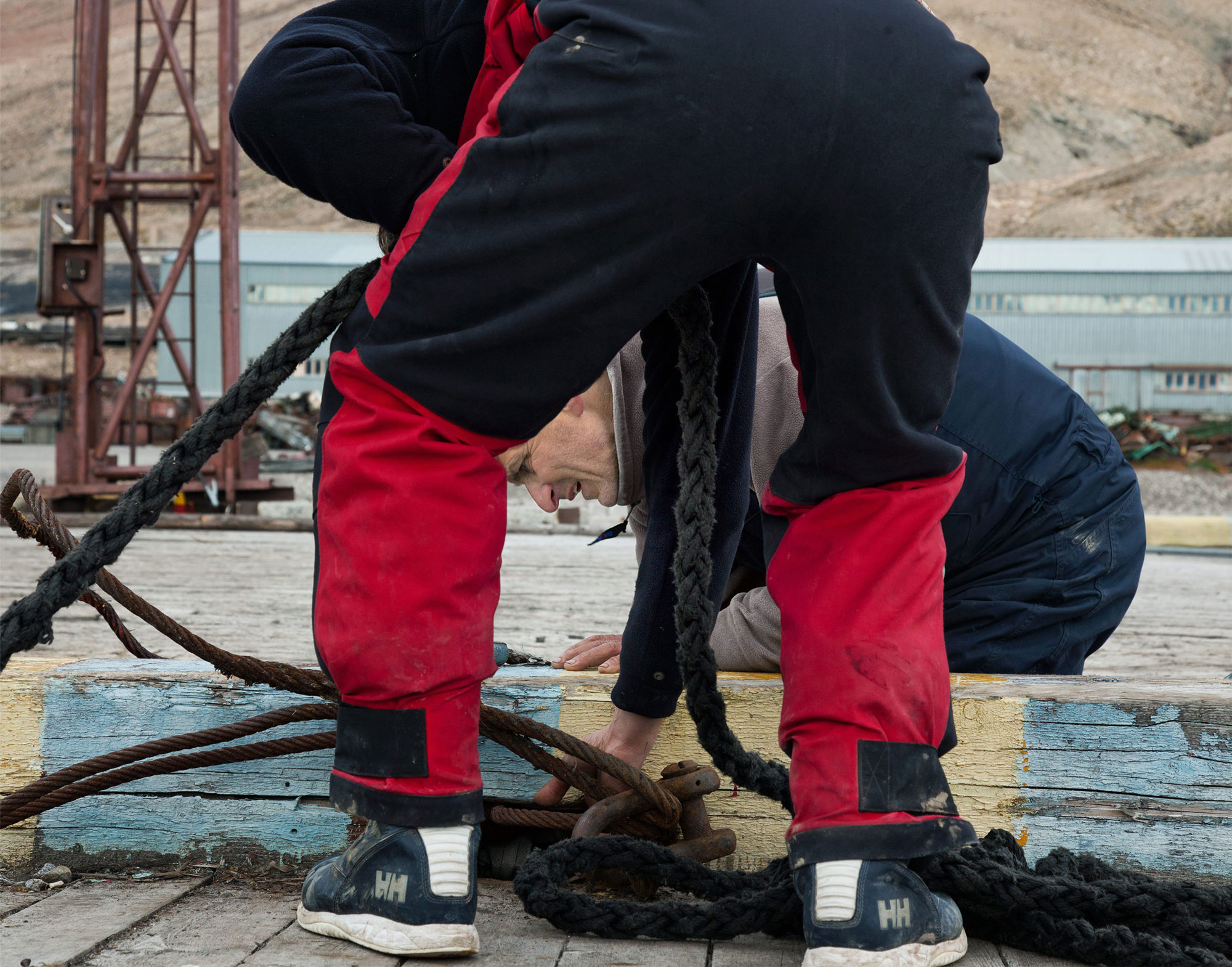
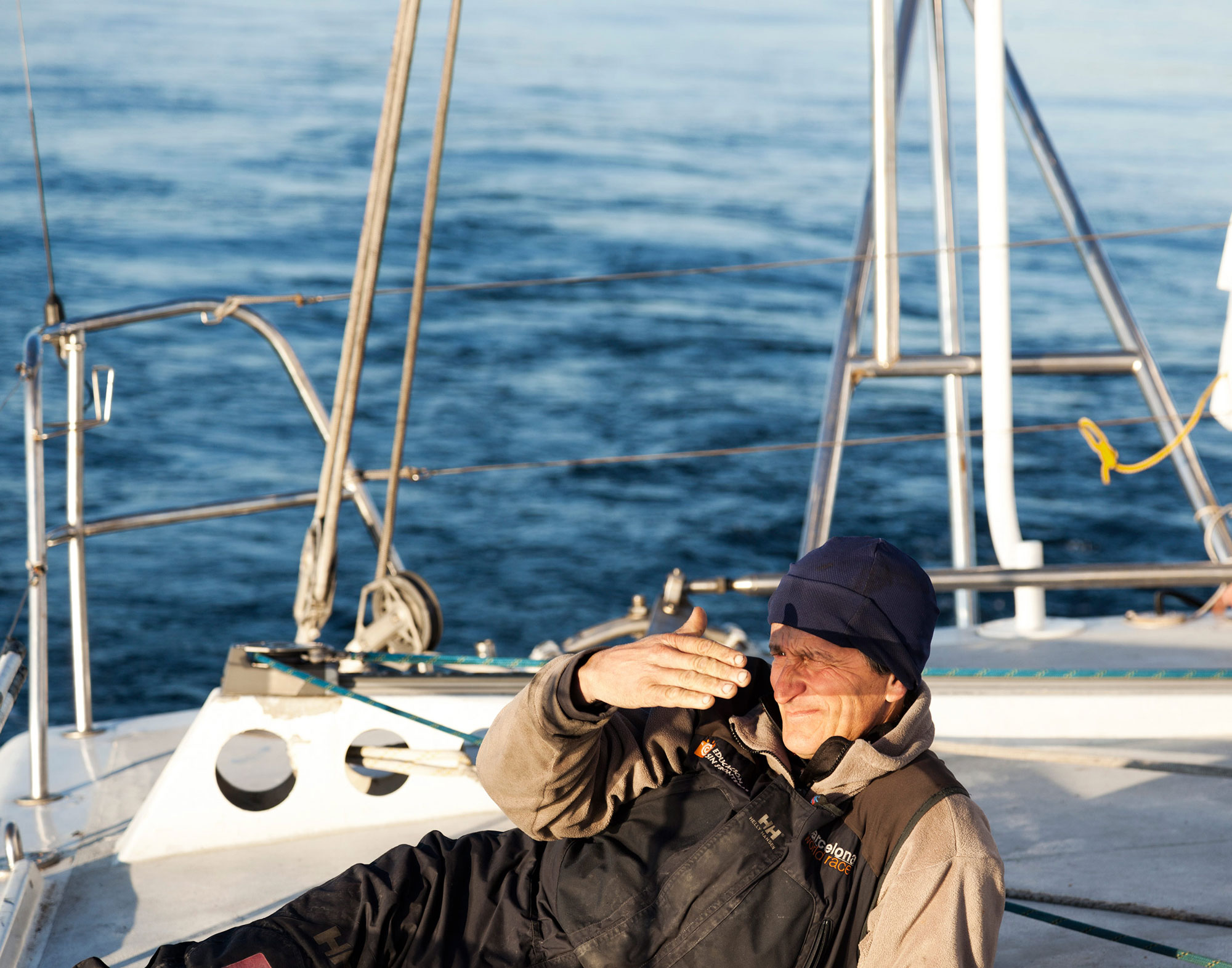
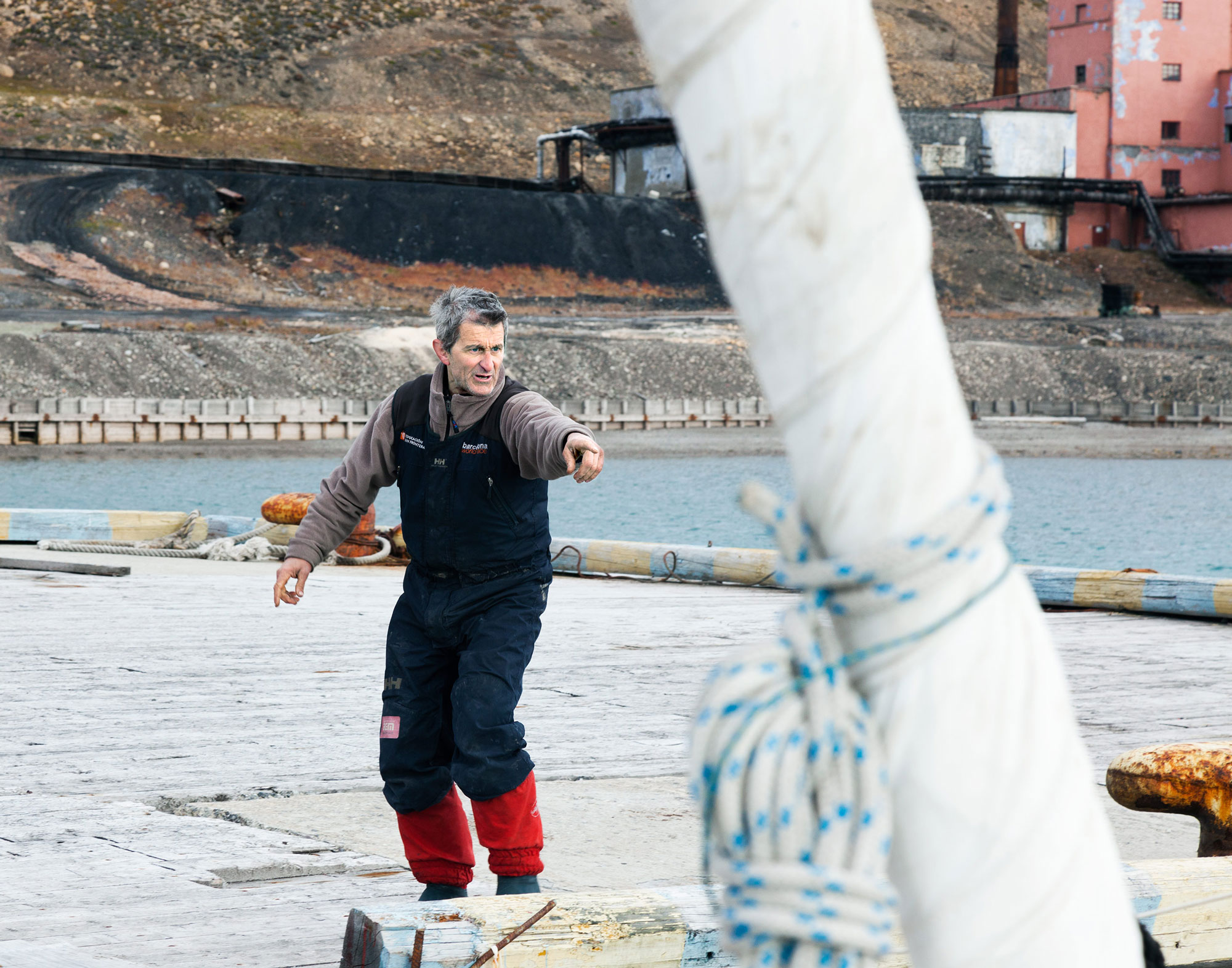
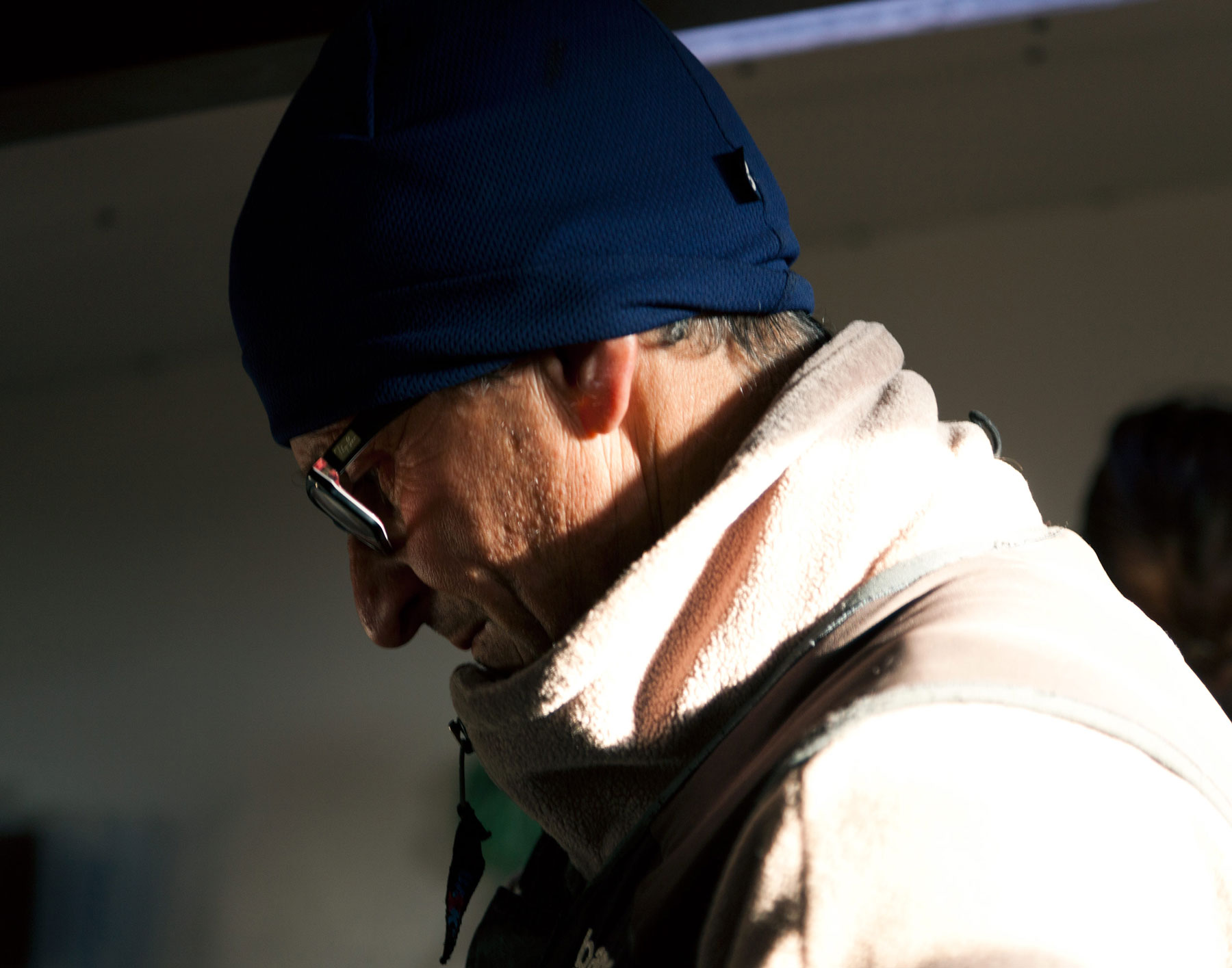
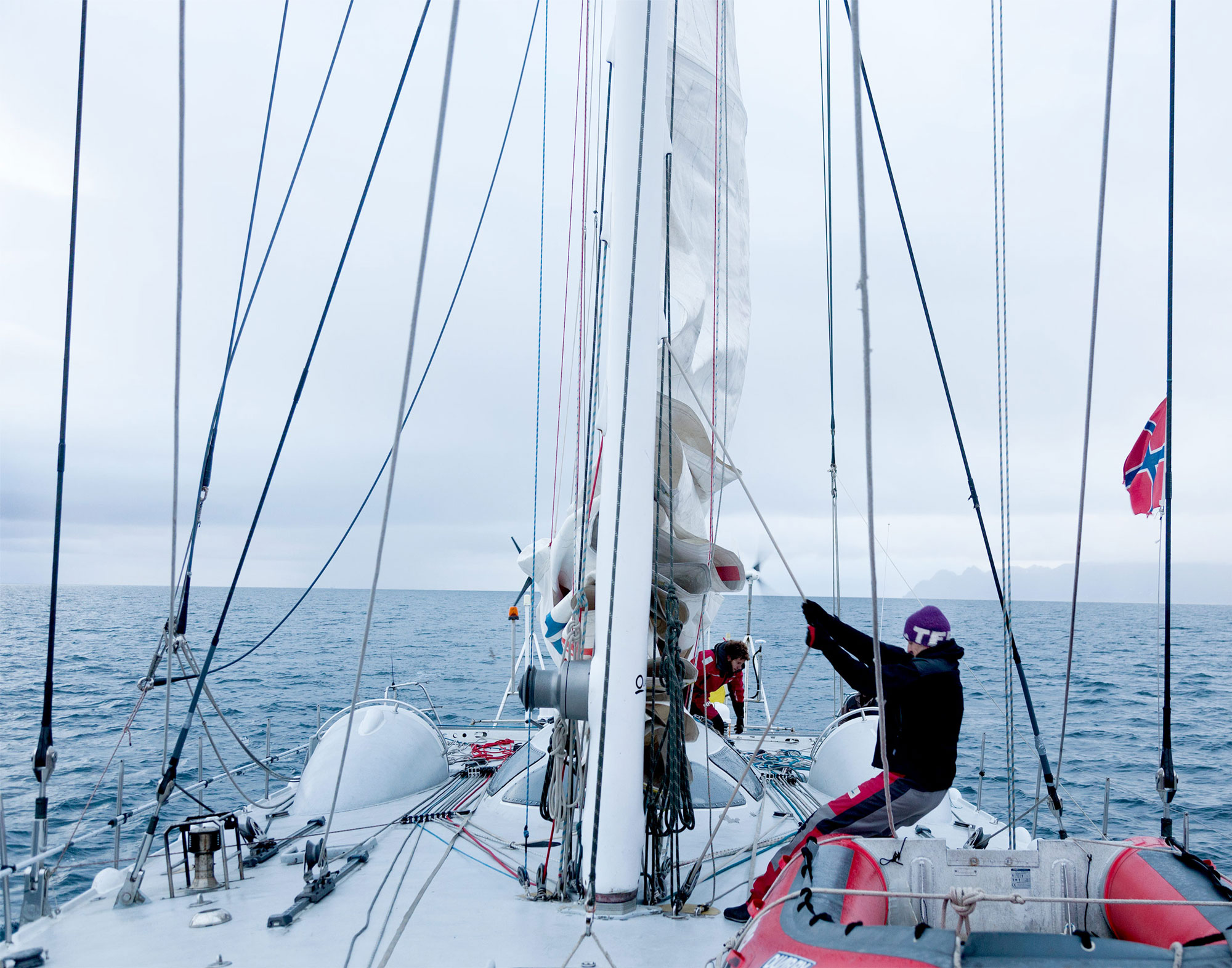
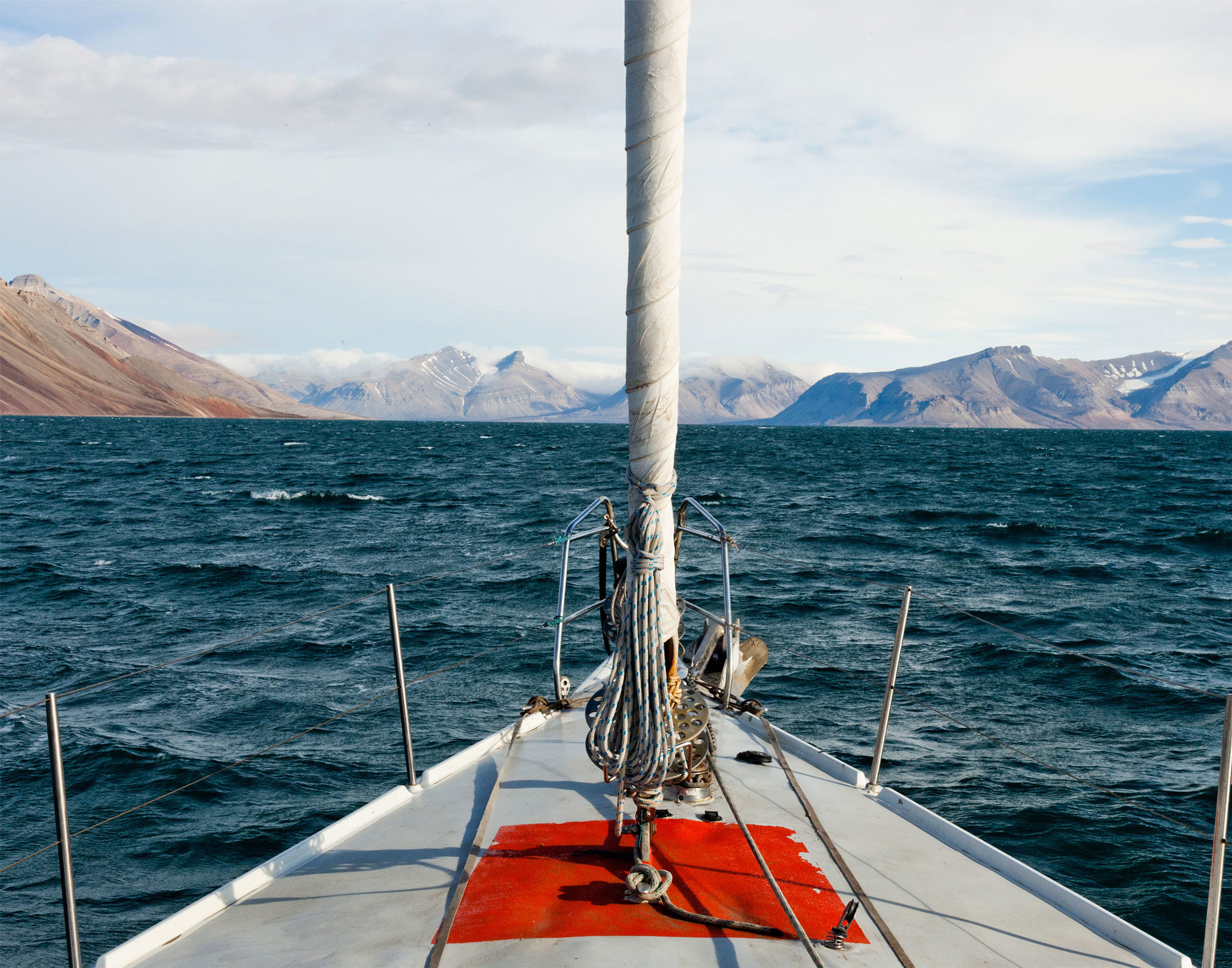

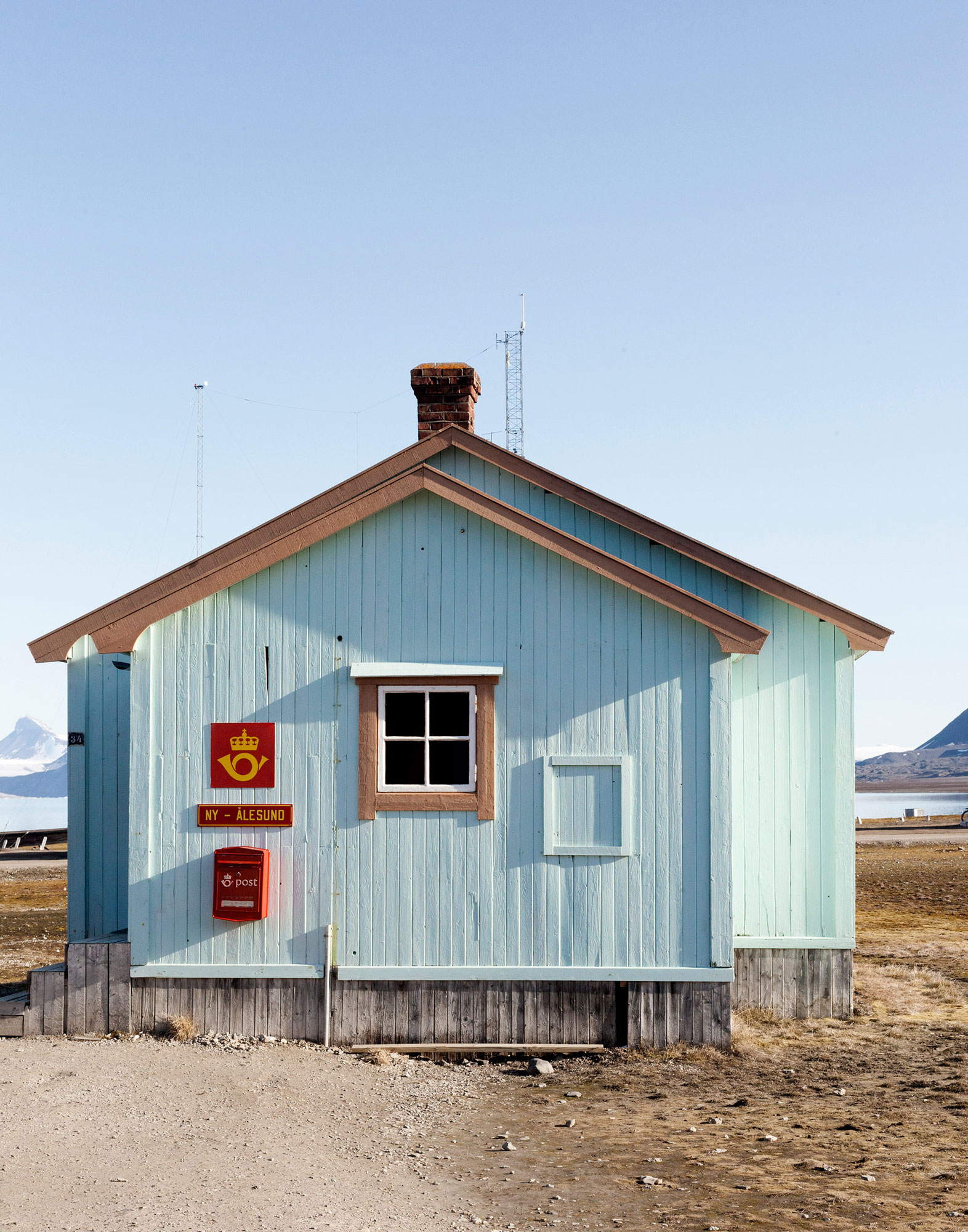
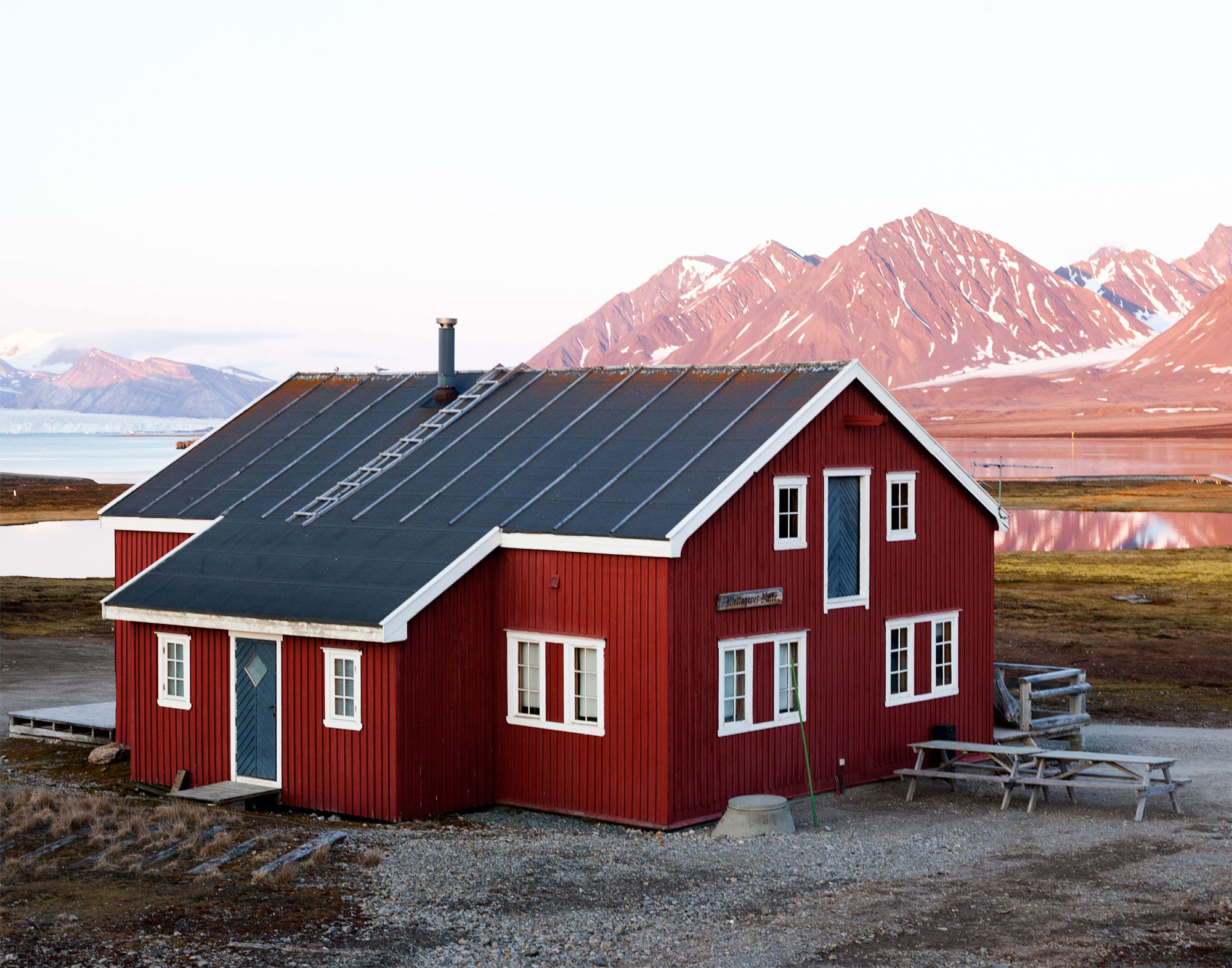
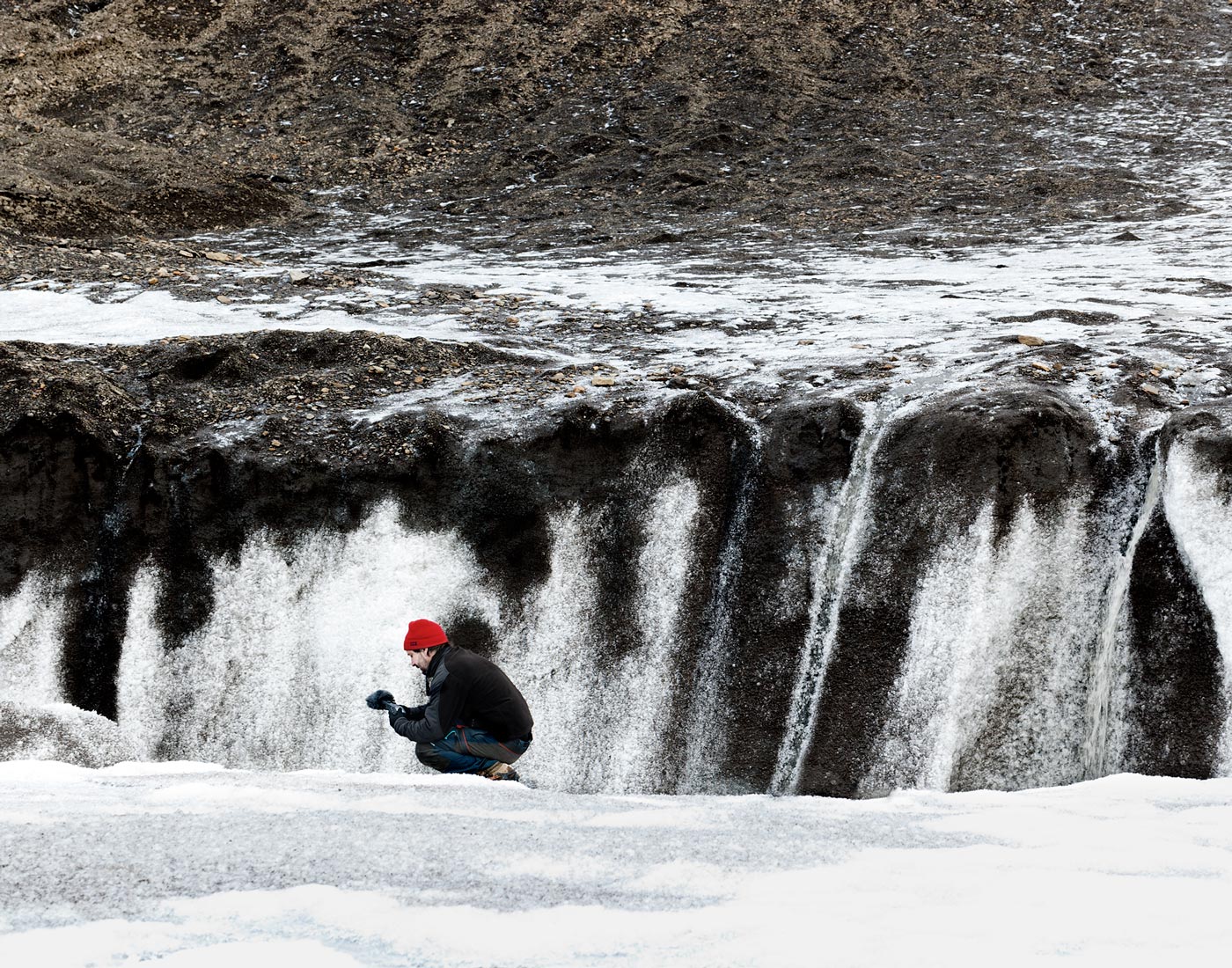
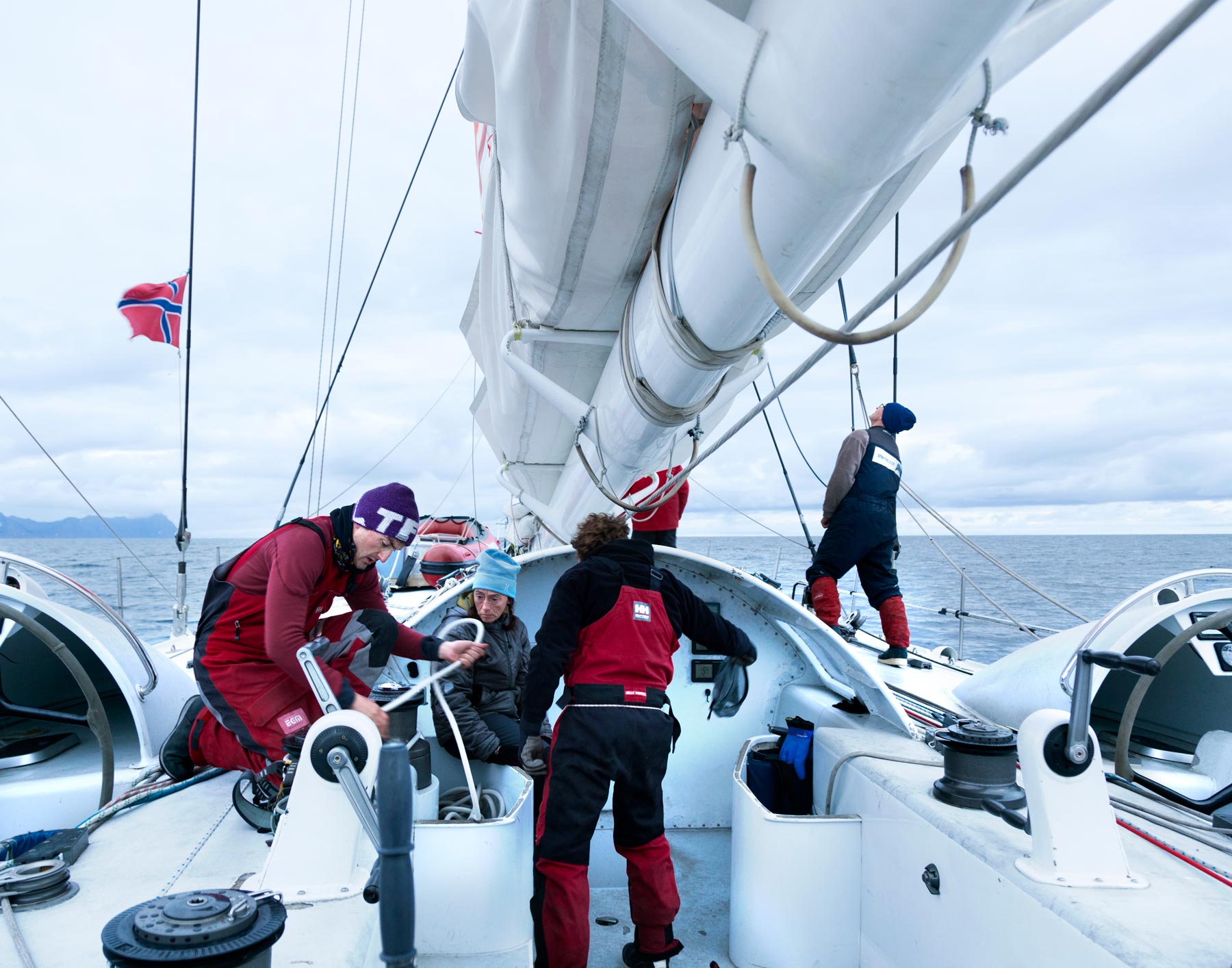
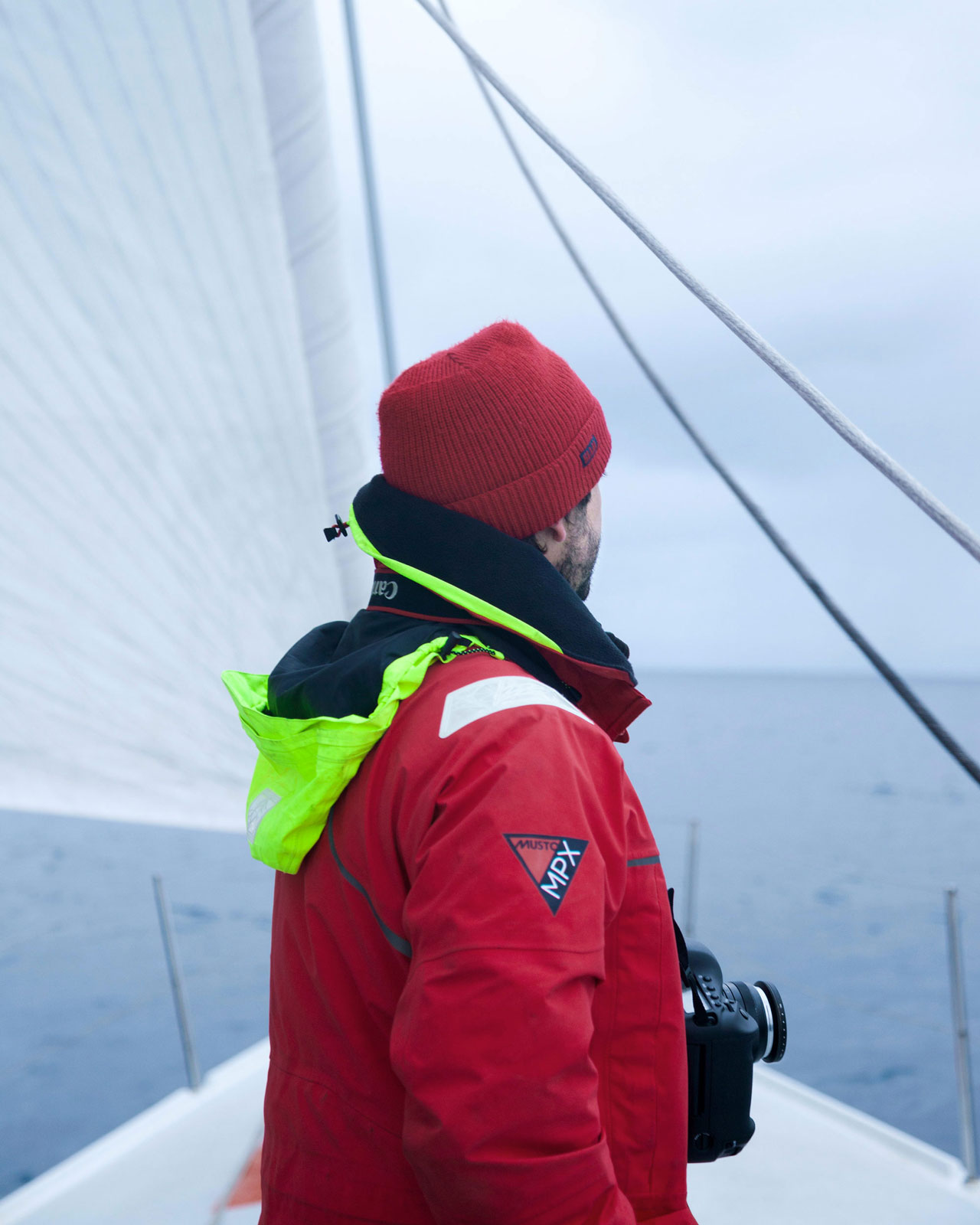
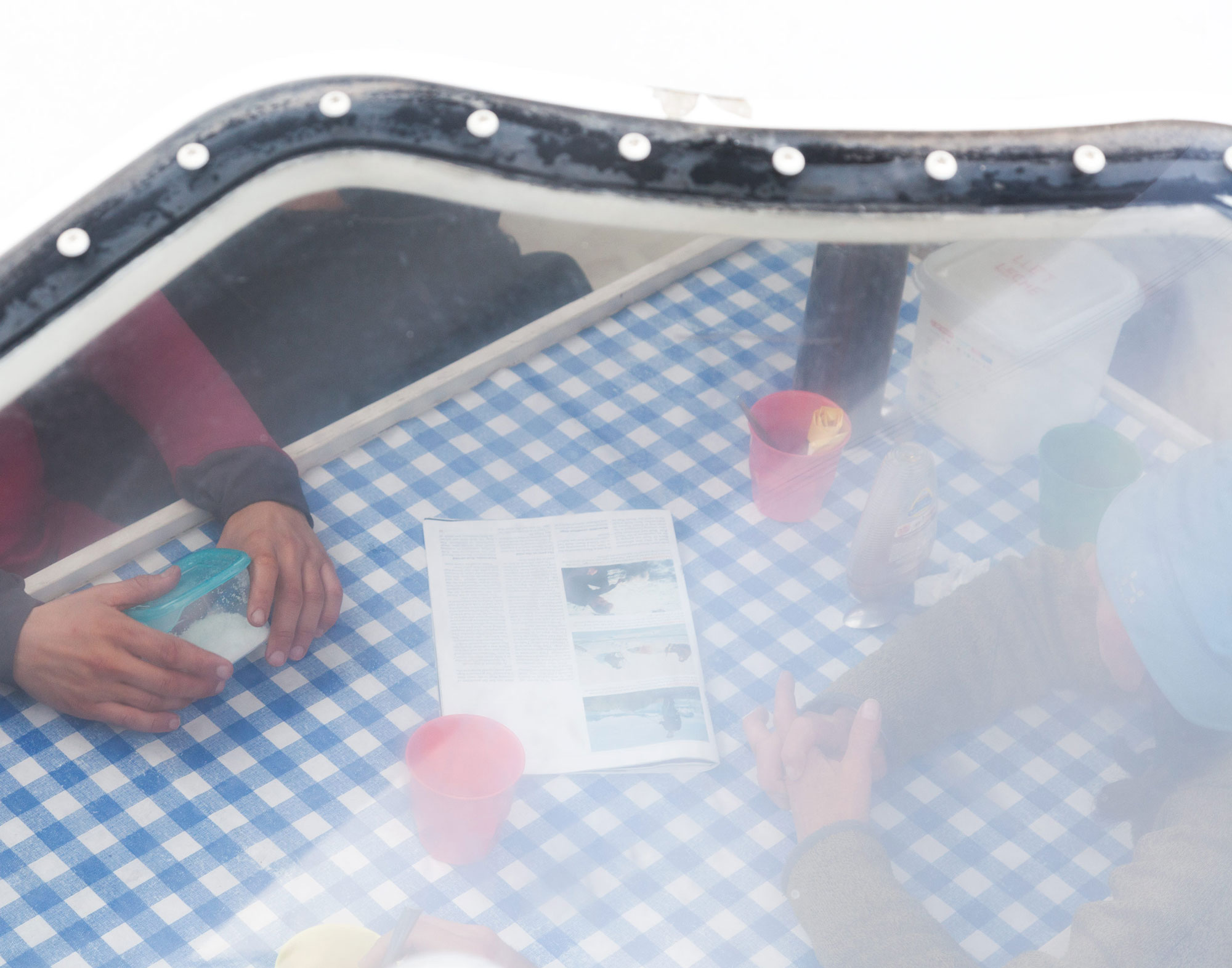
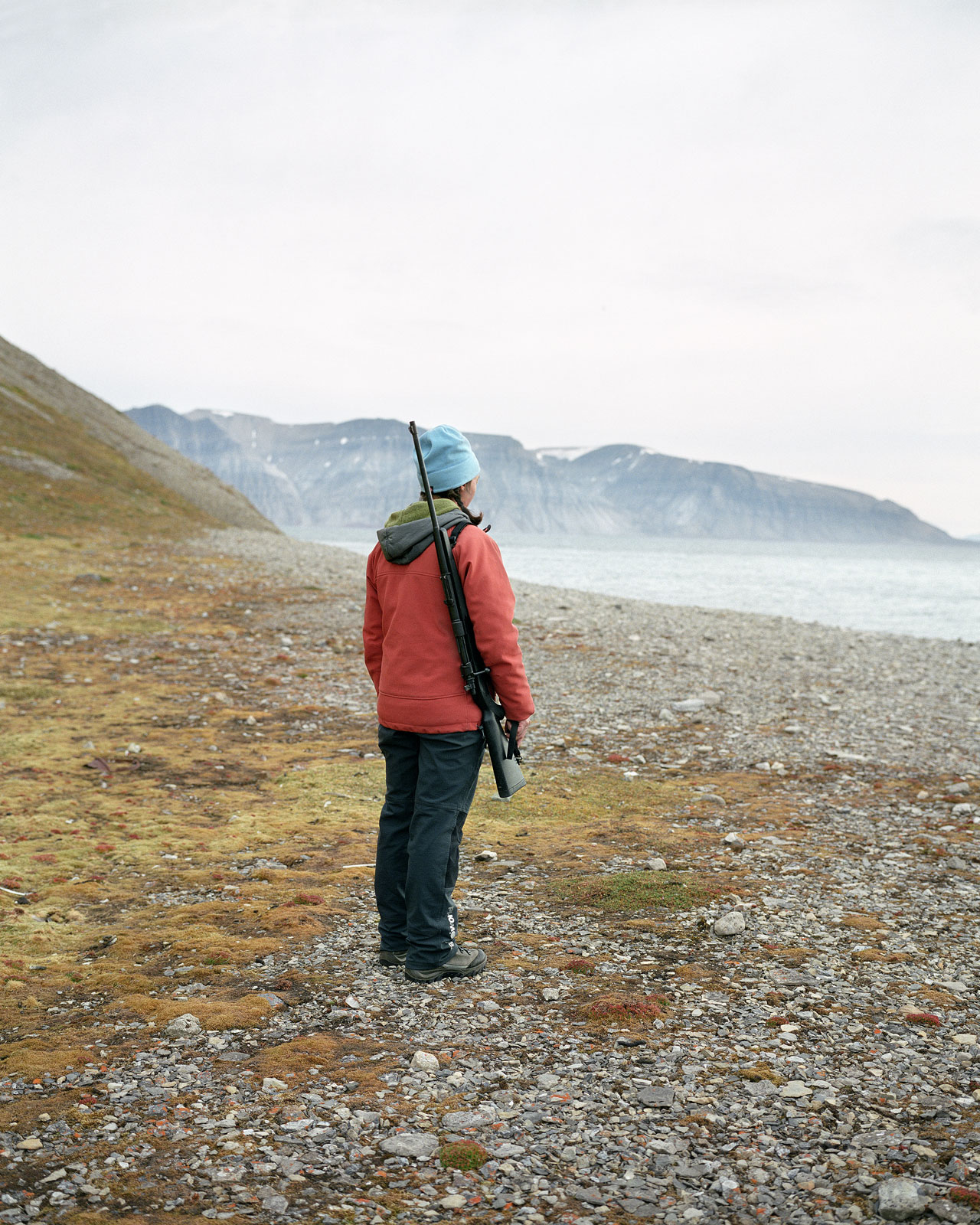
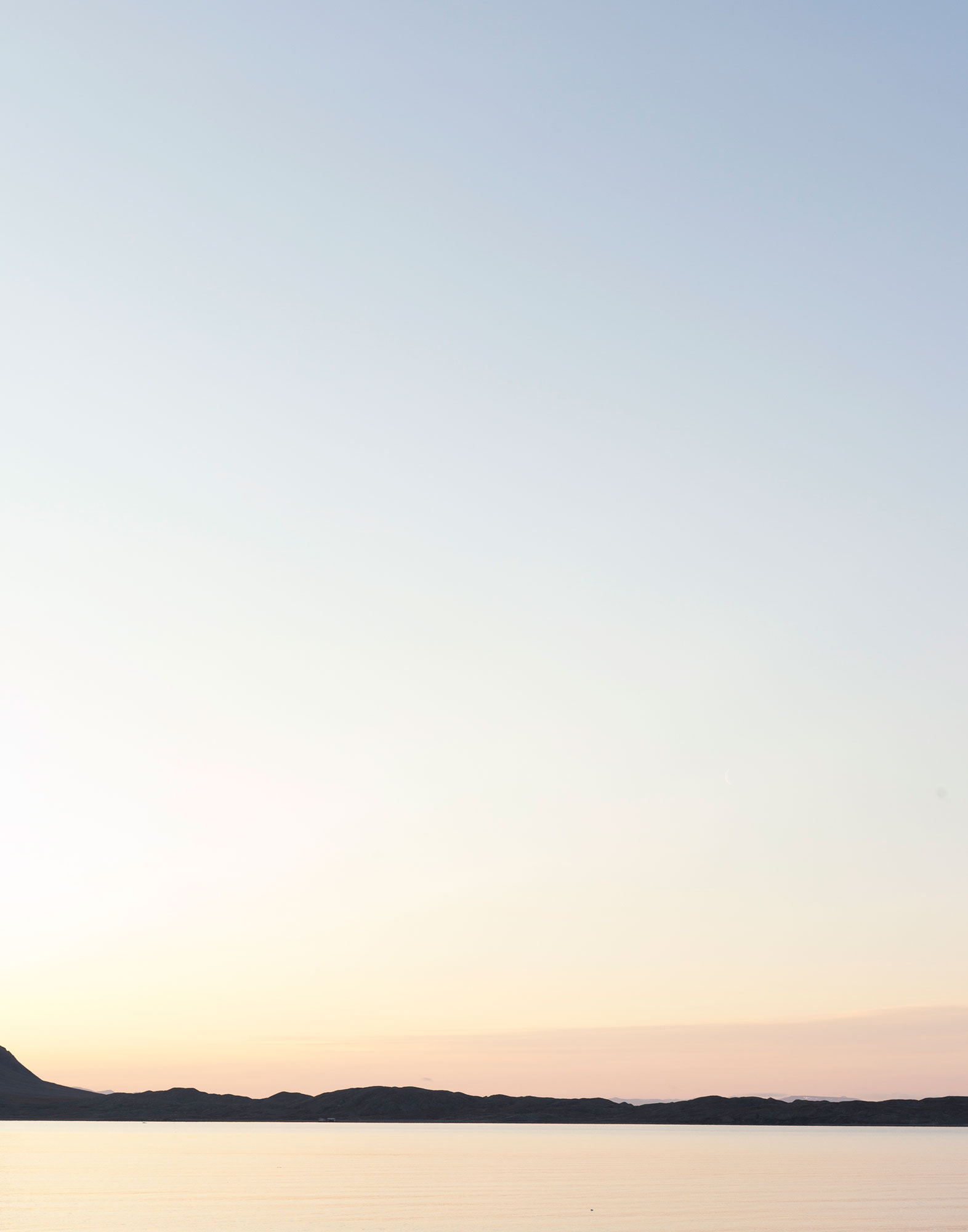
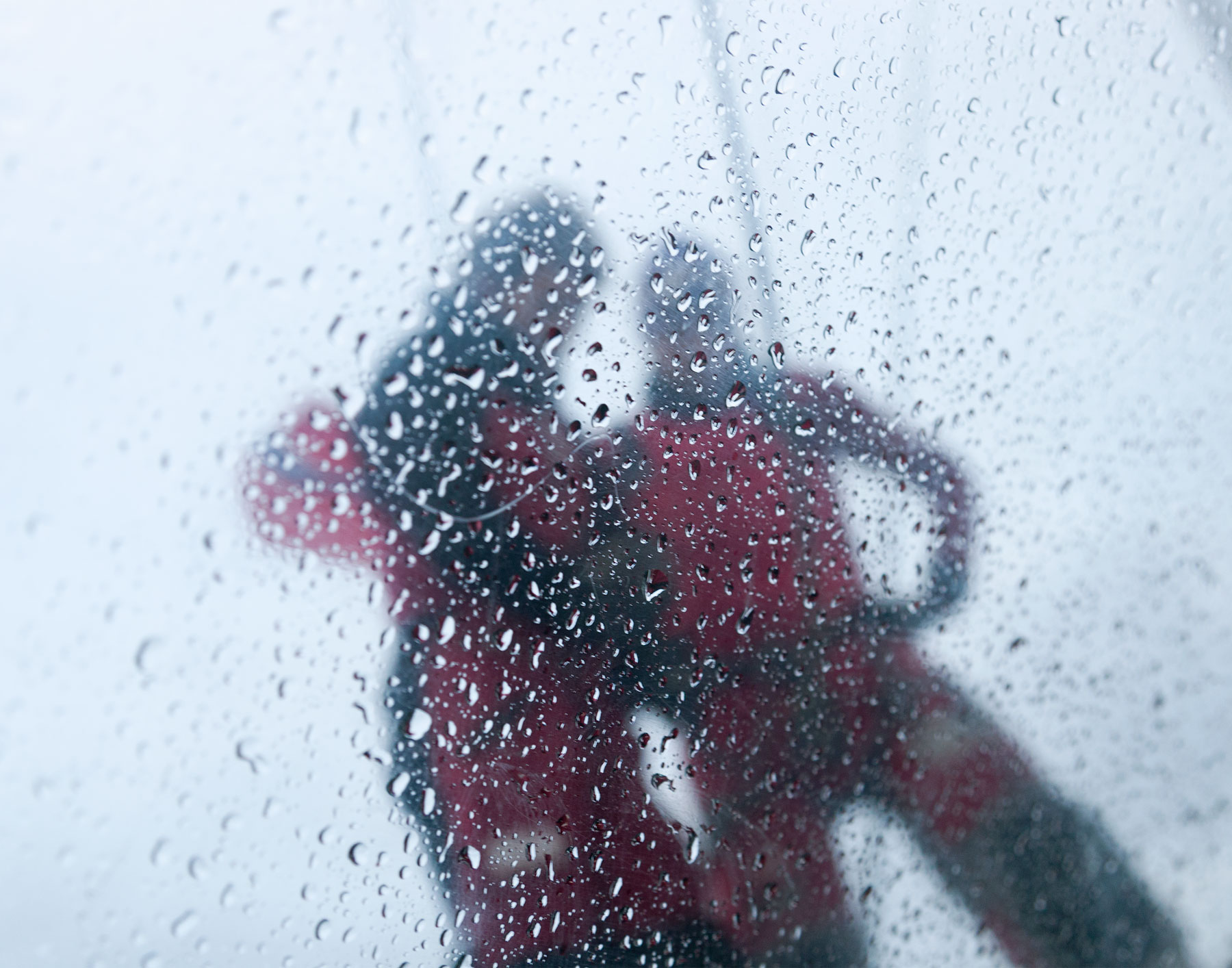
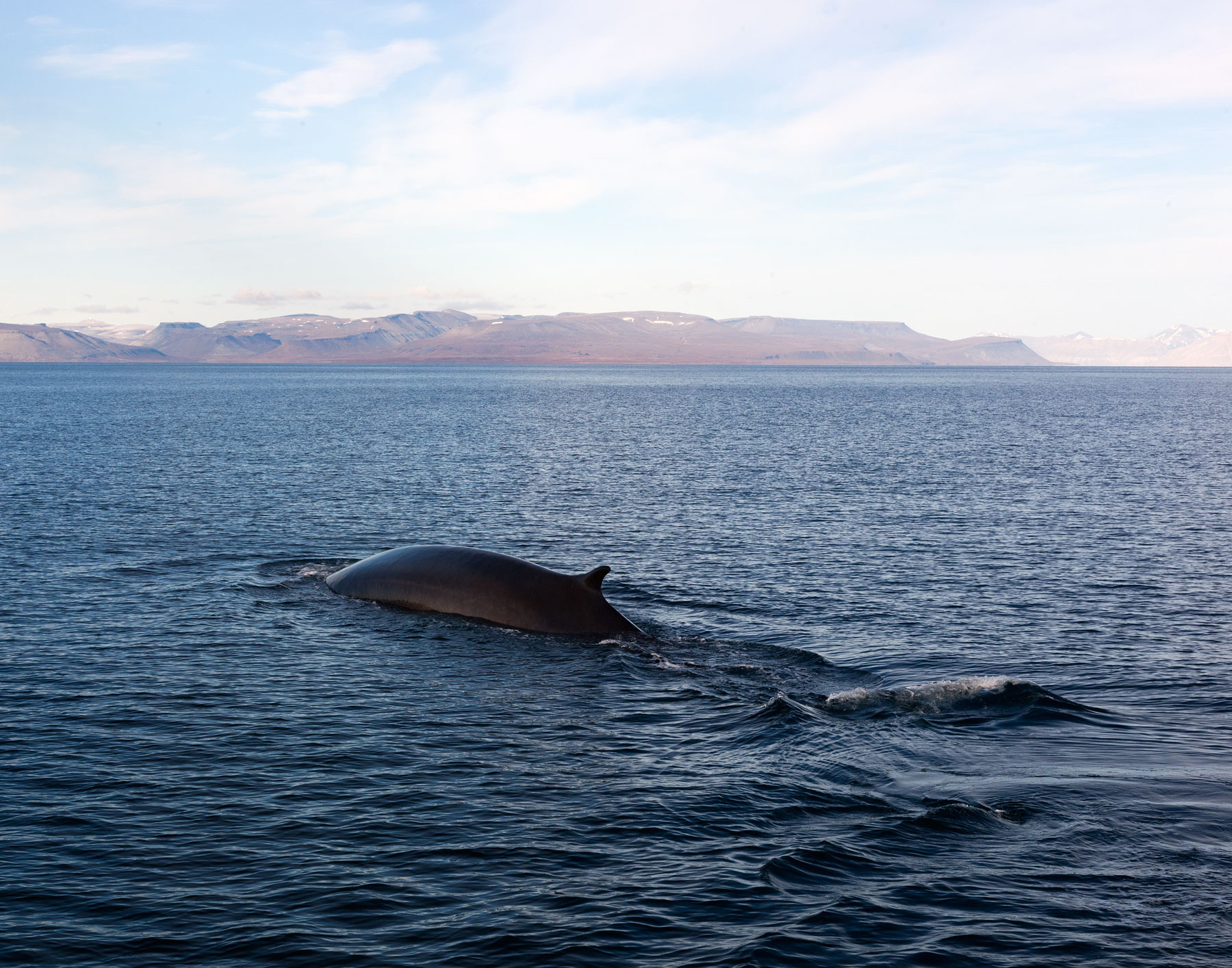
 @InfoGoroka
@InfoGoroka @guillegoroka
@guillegoroka